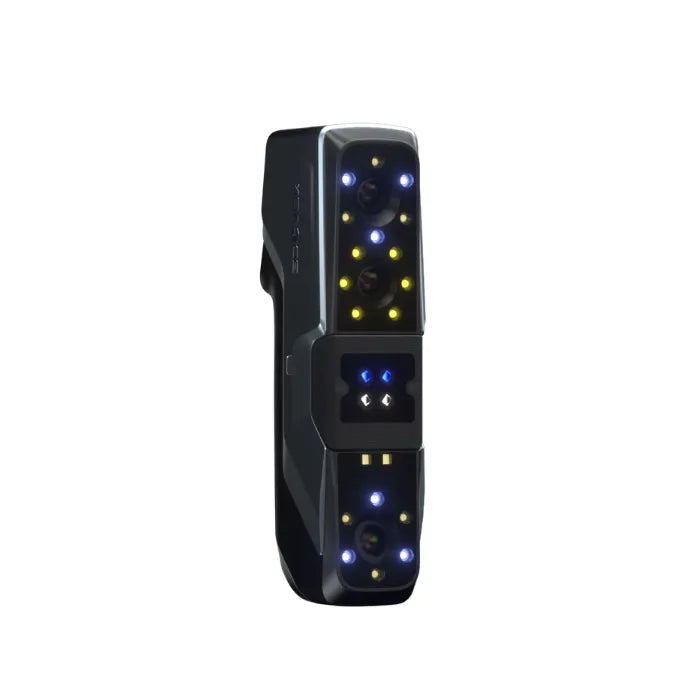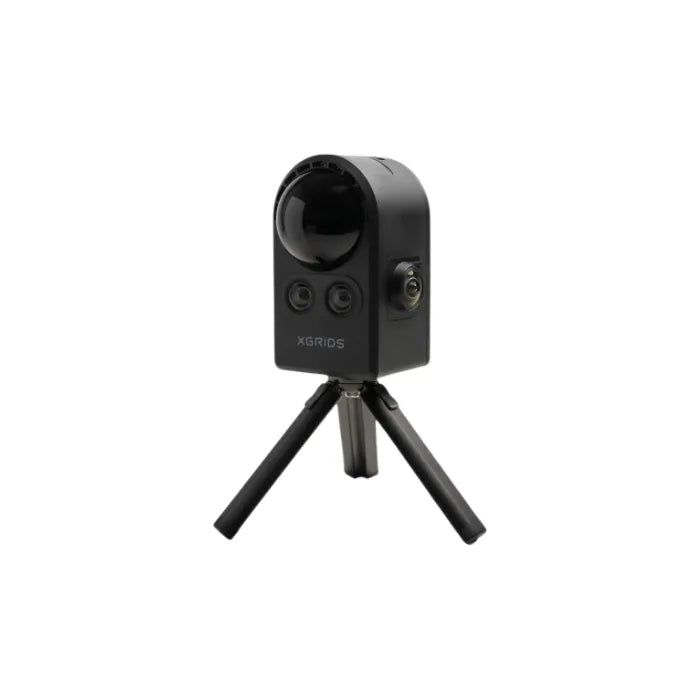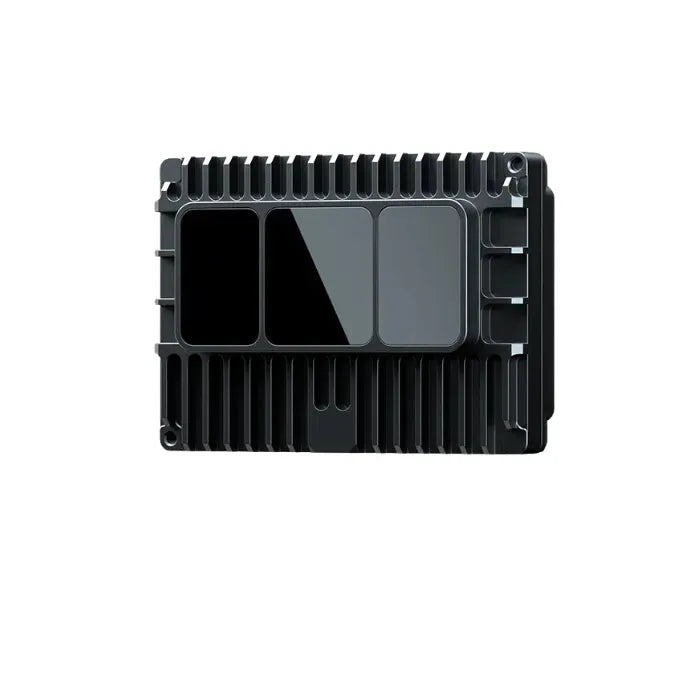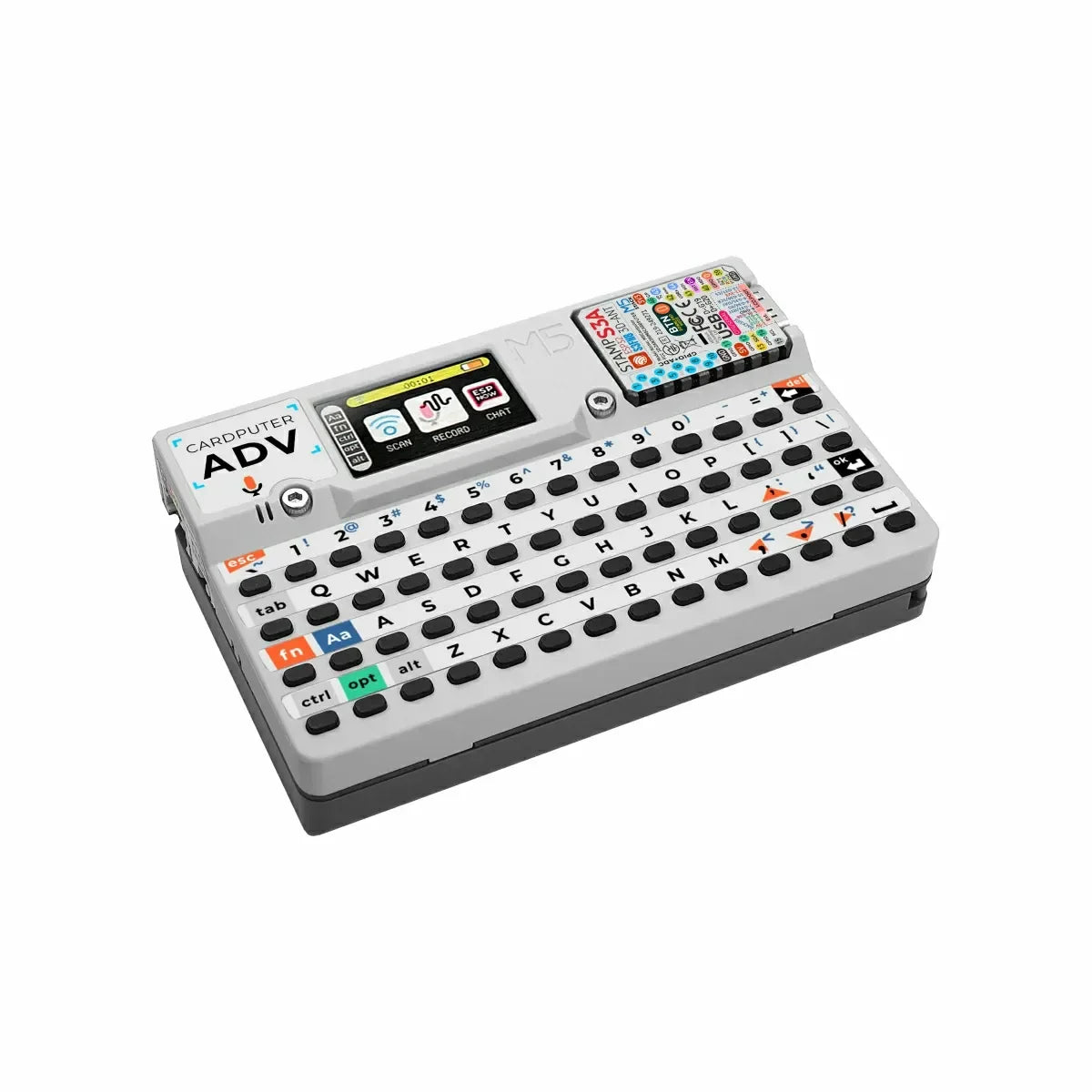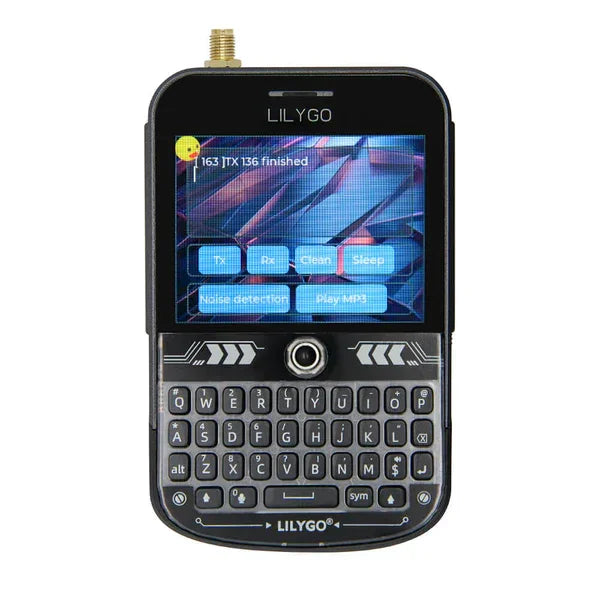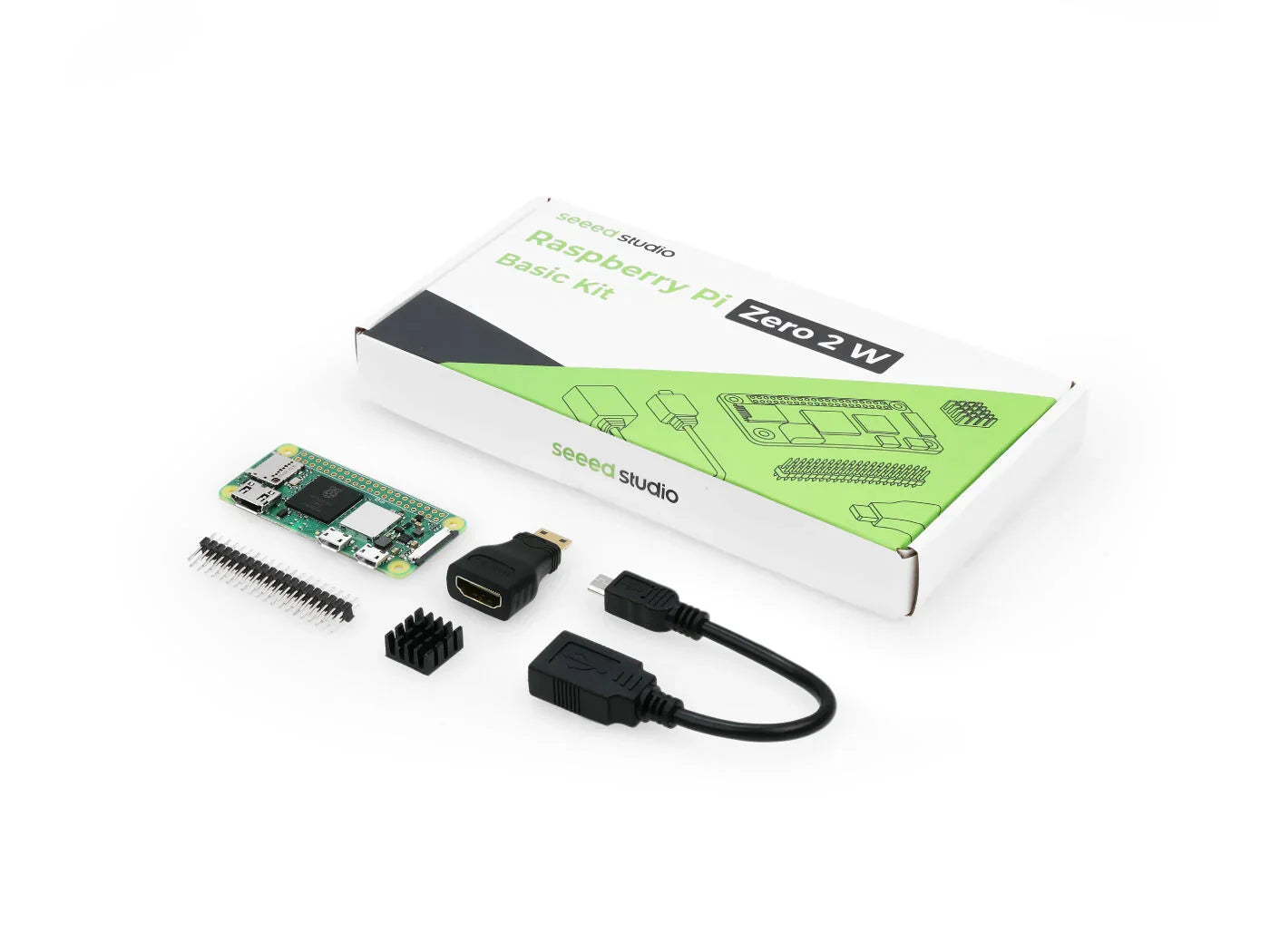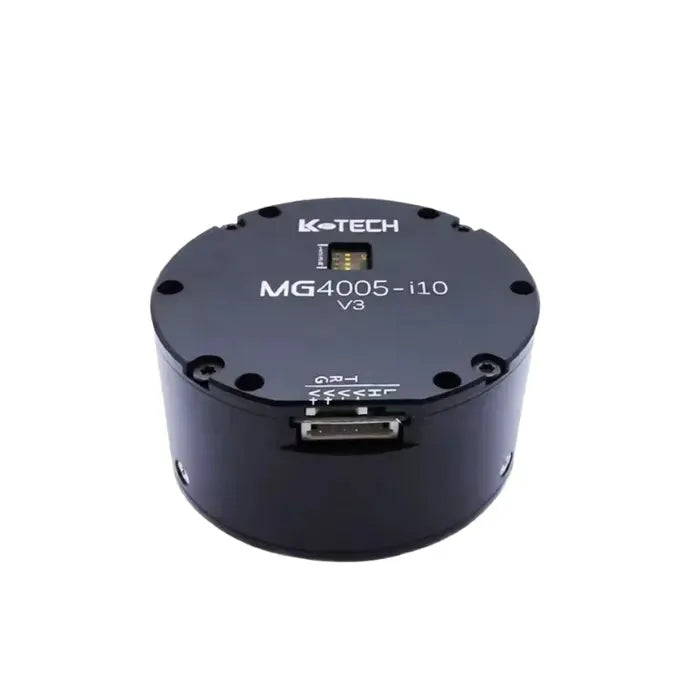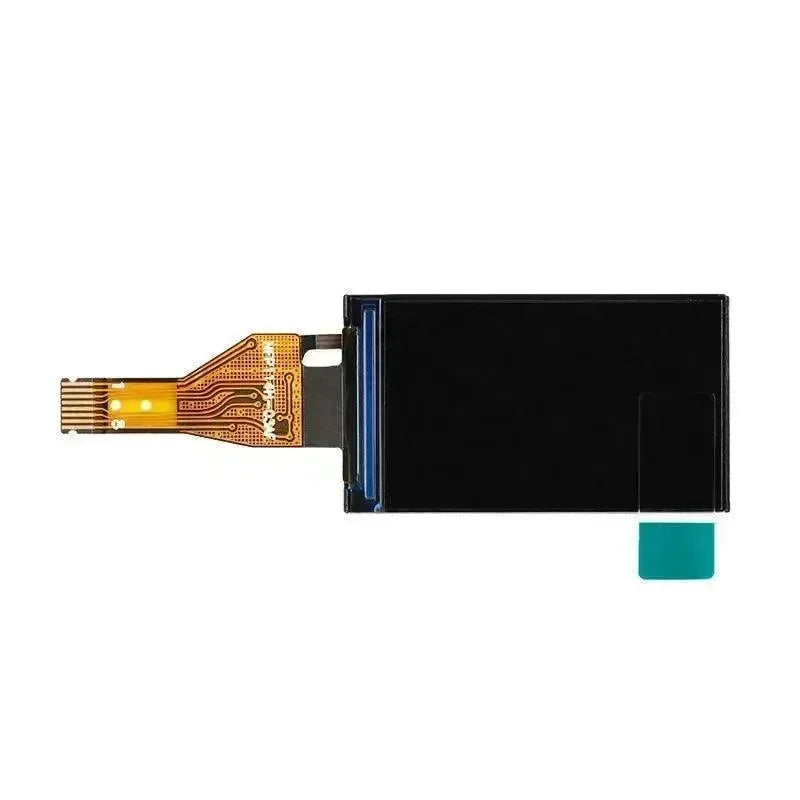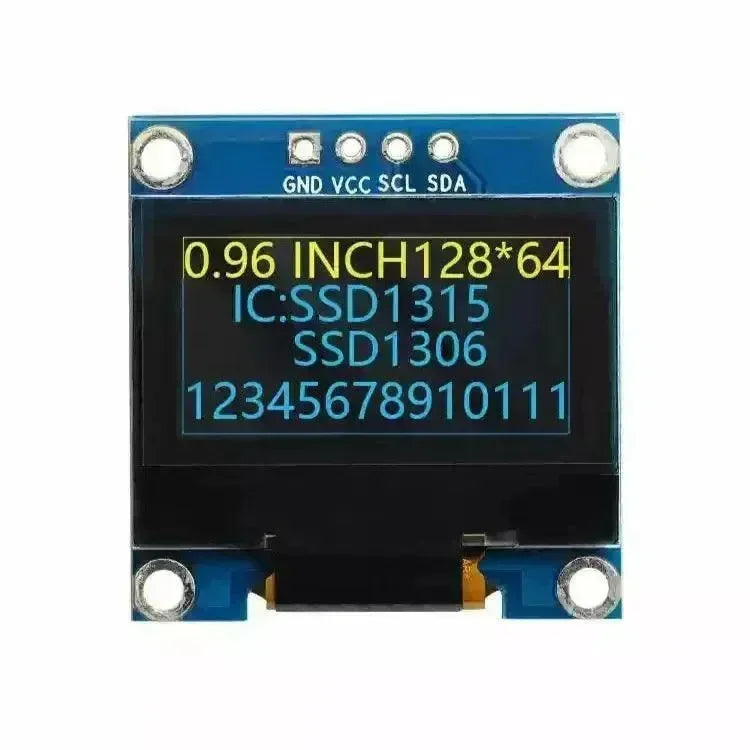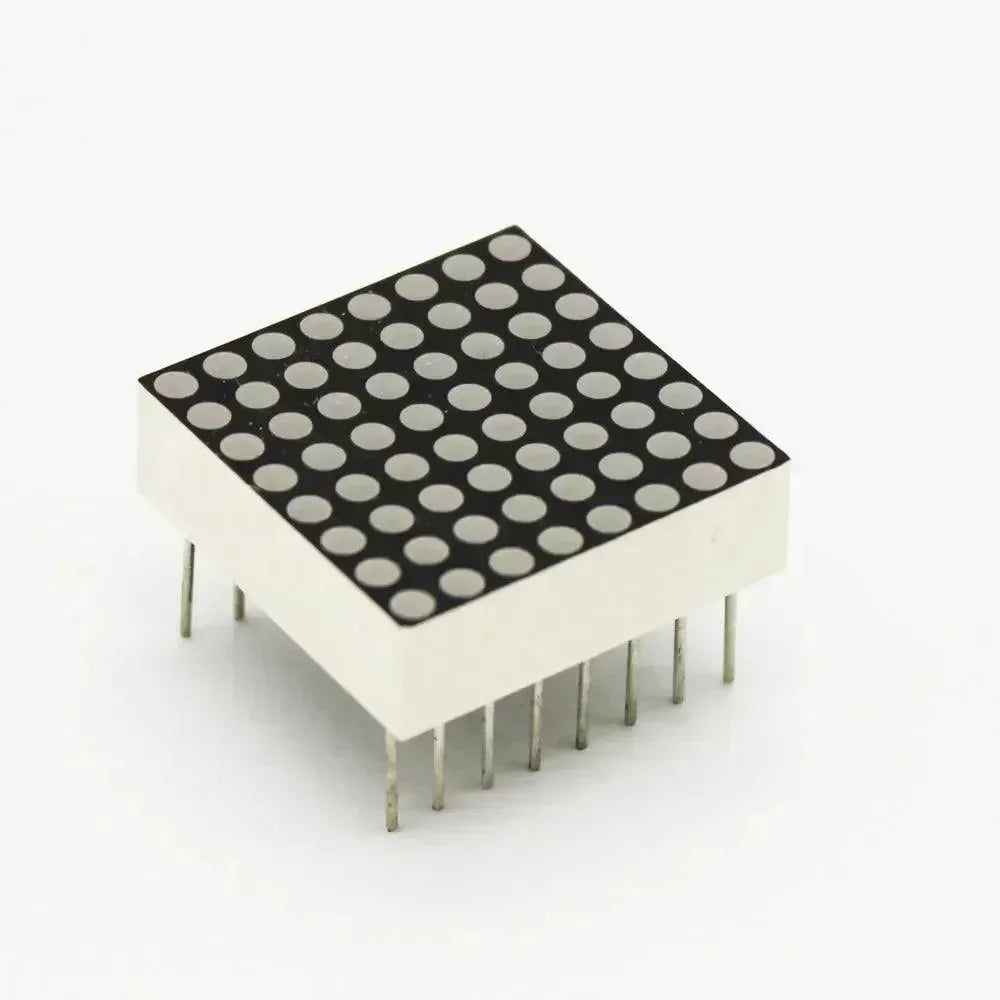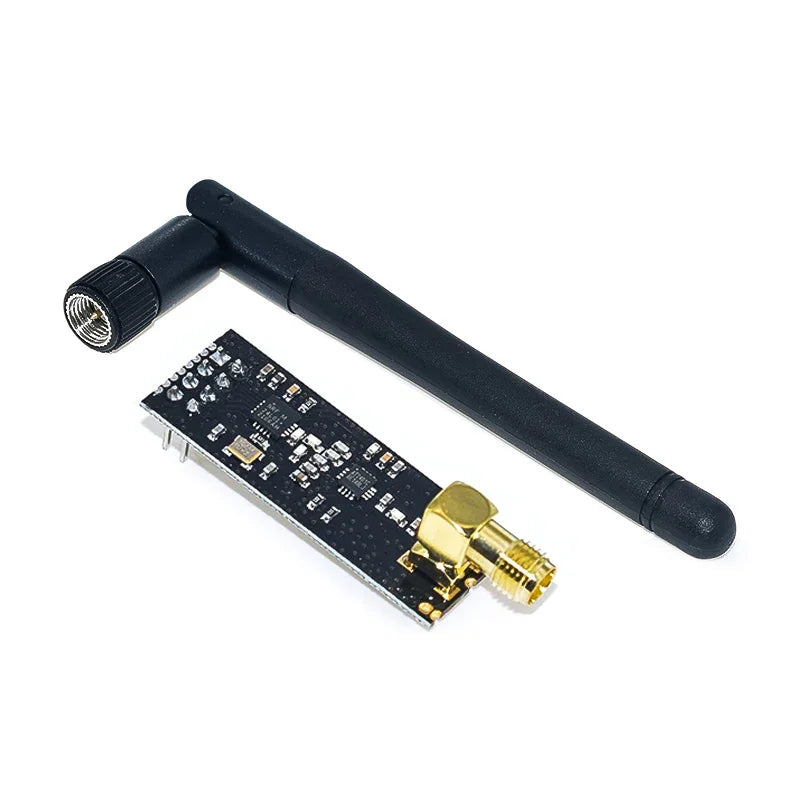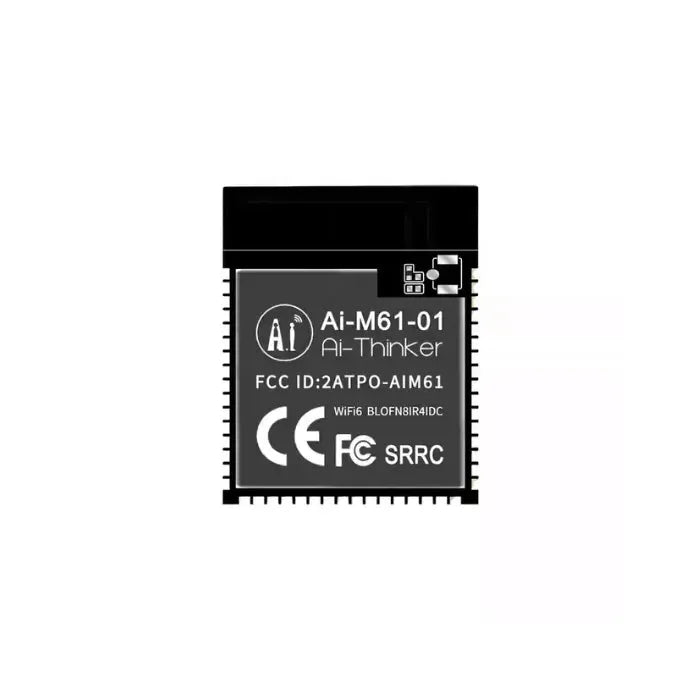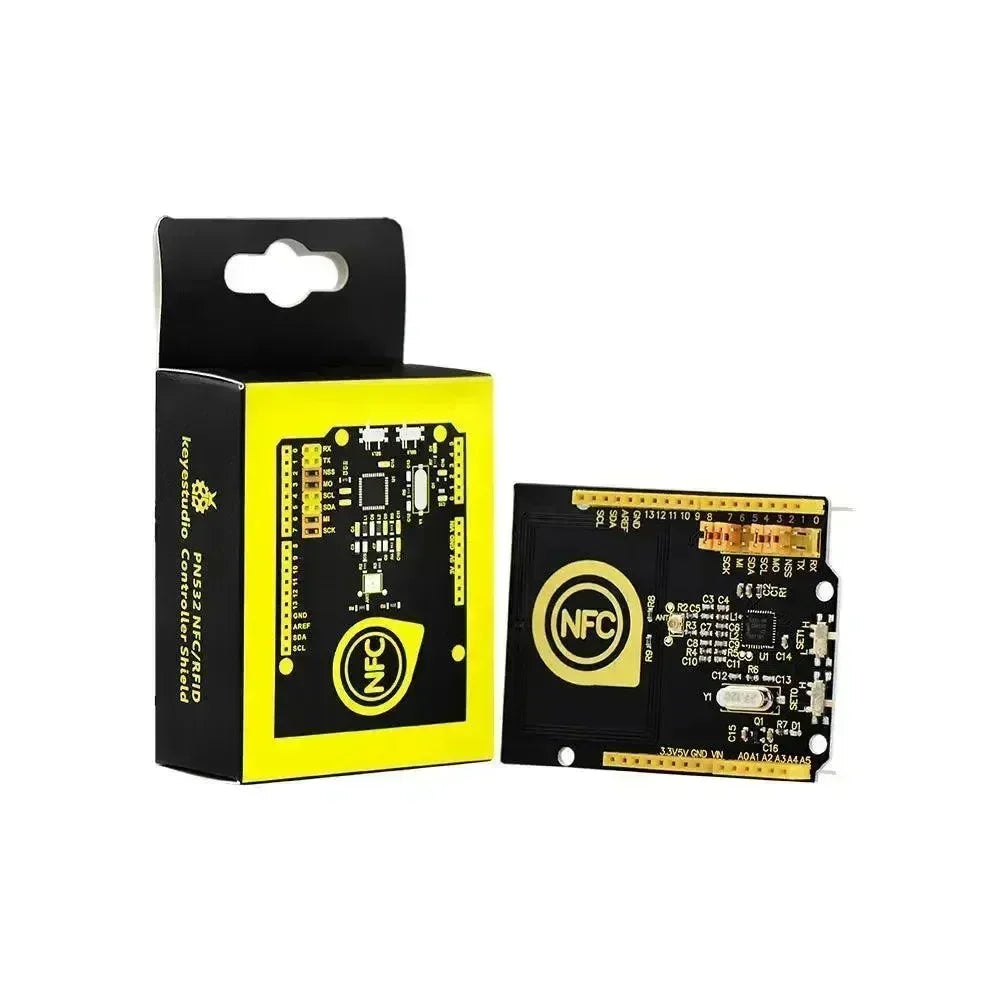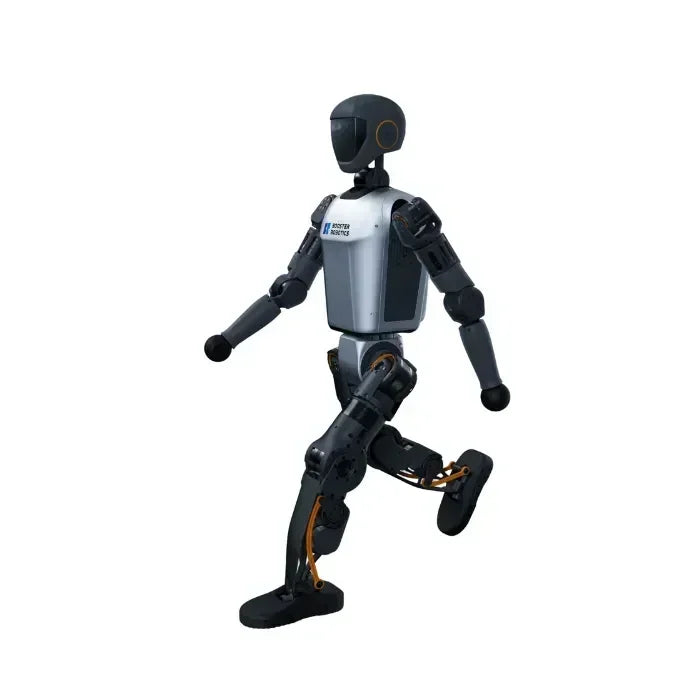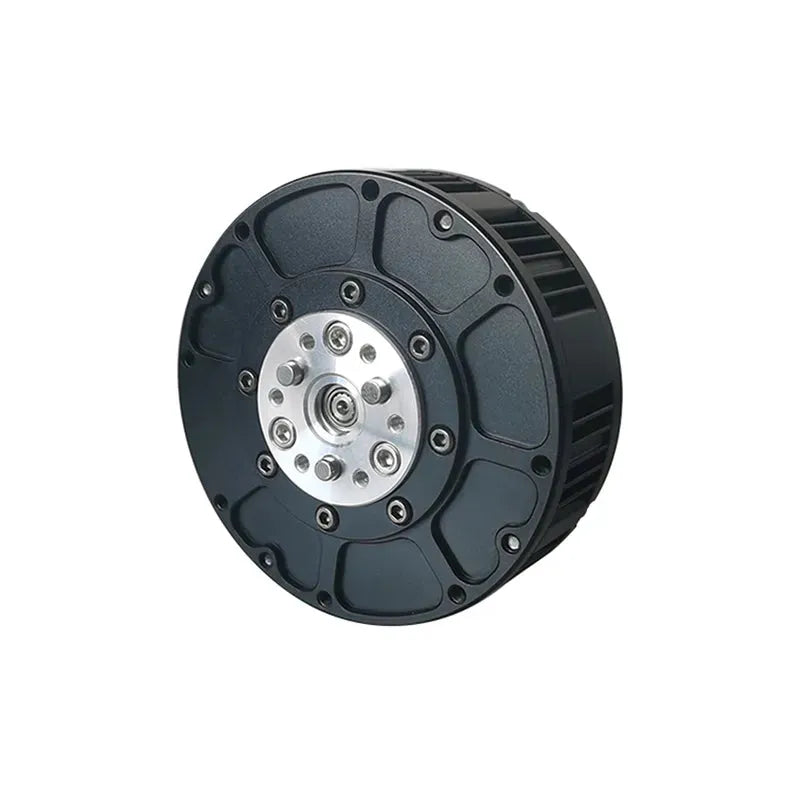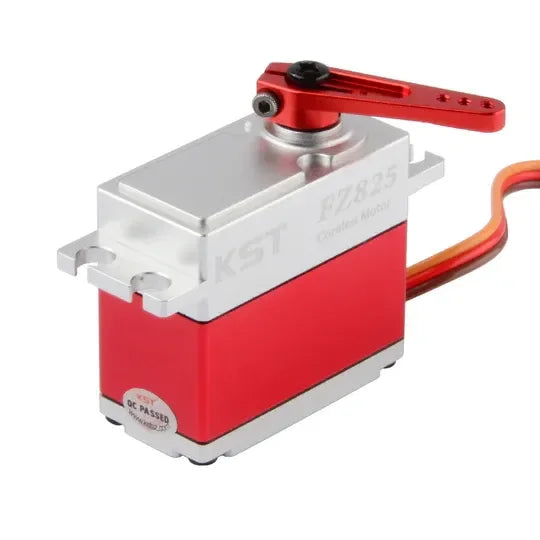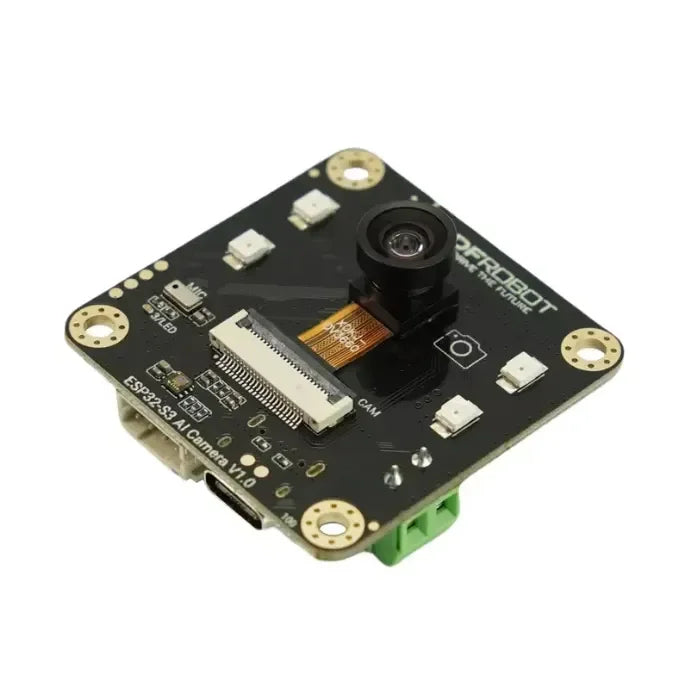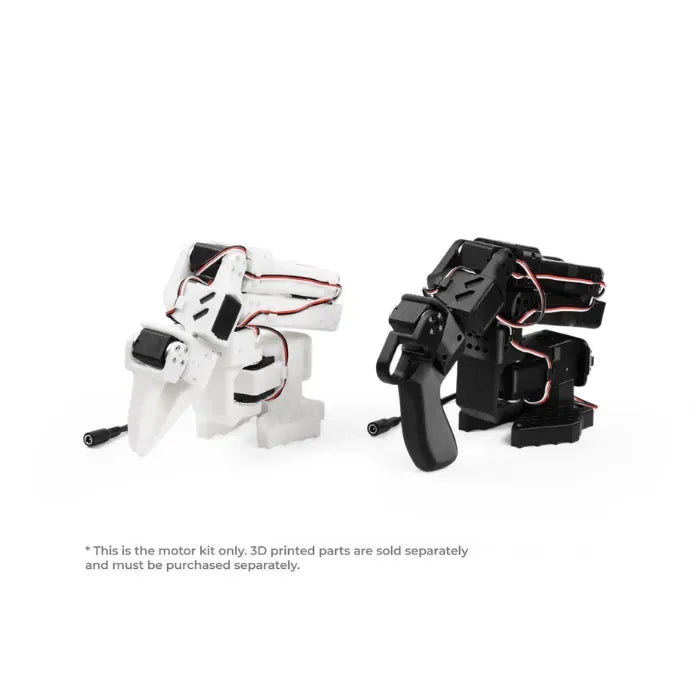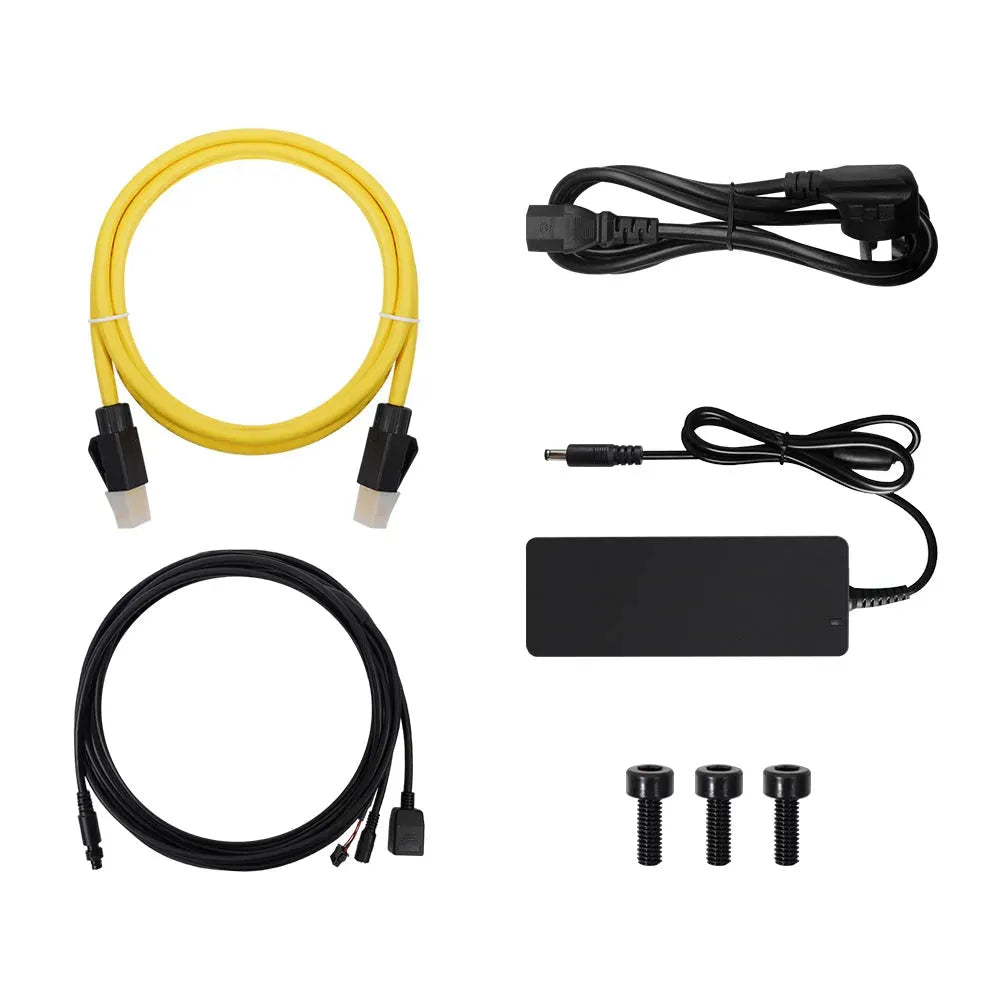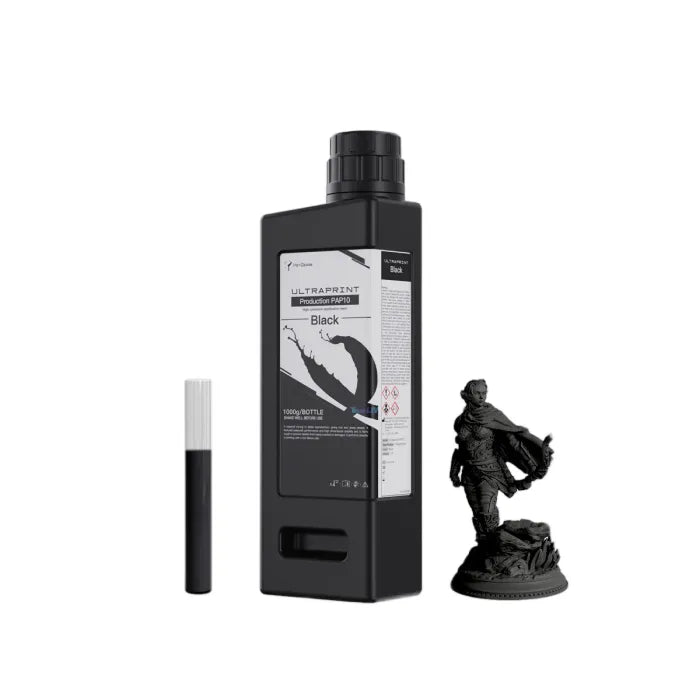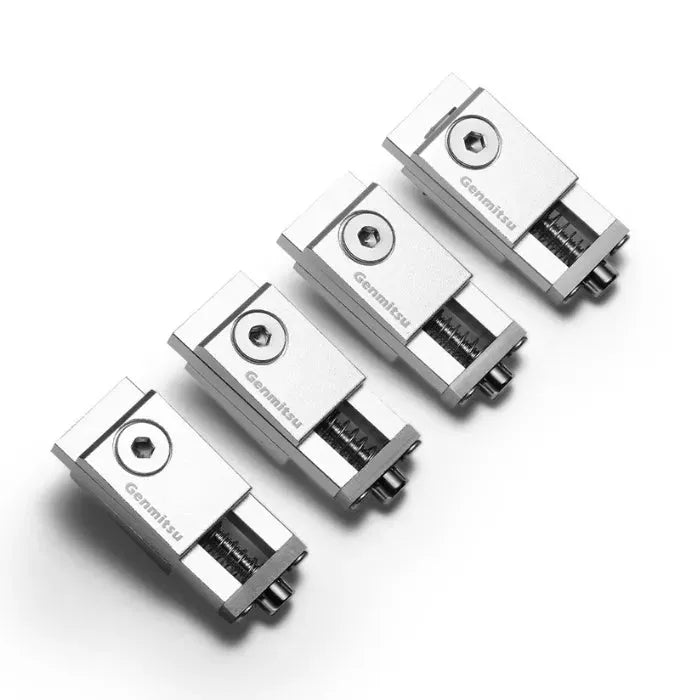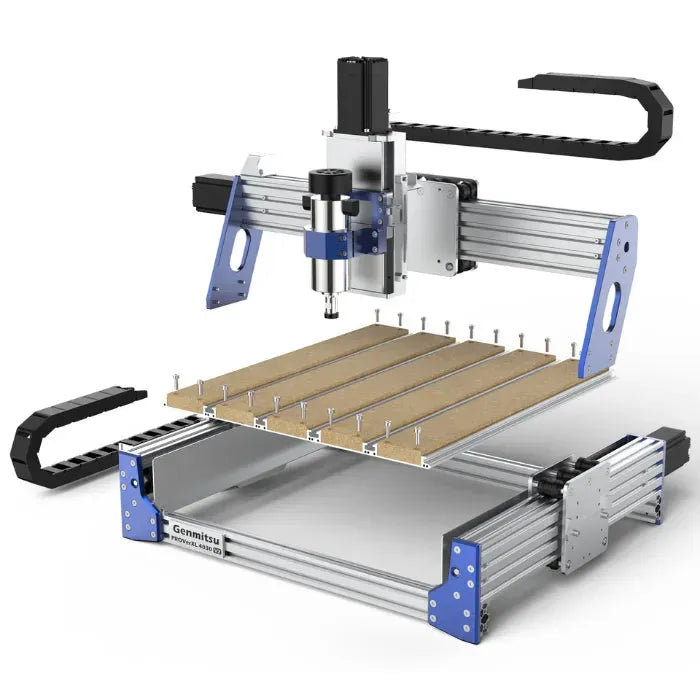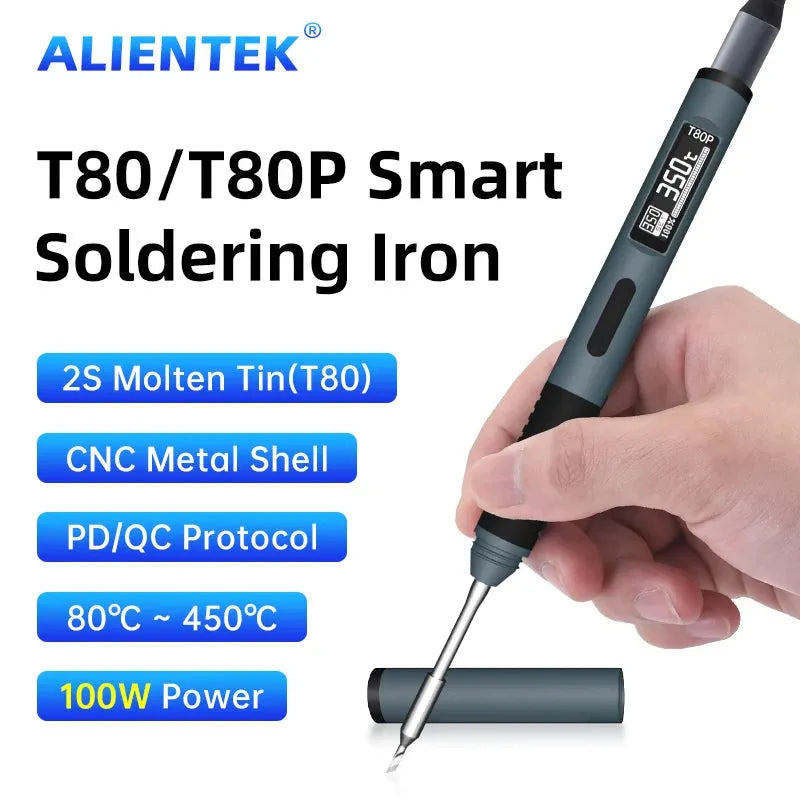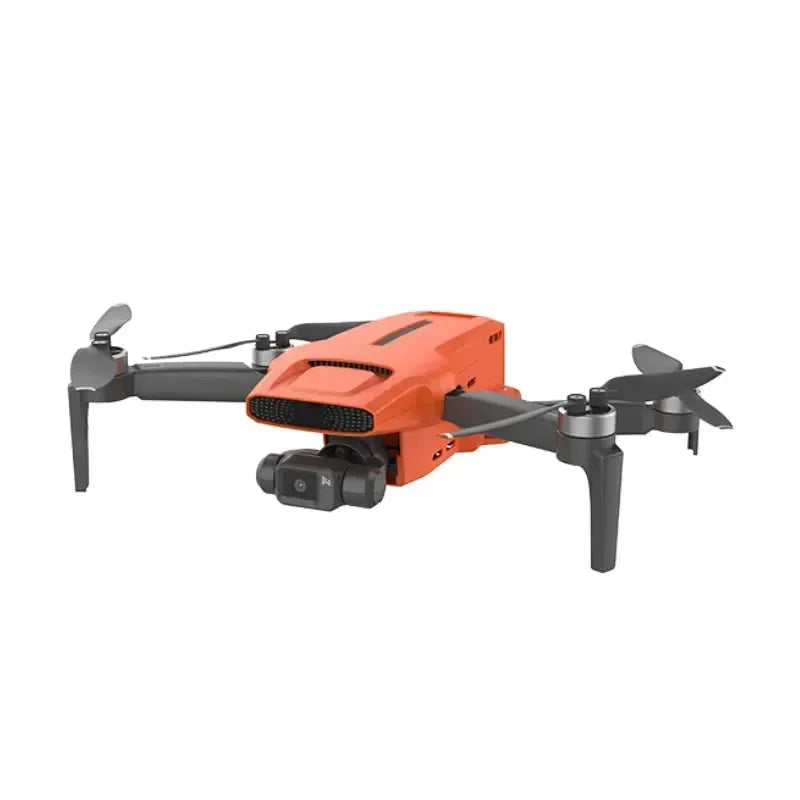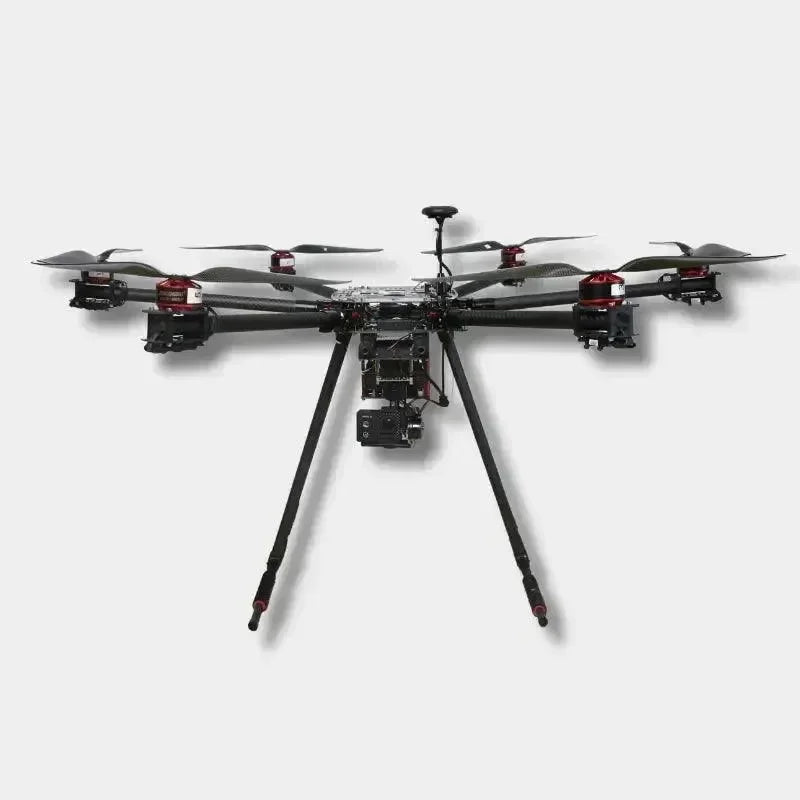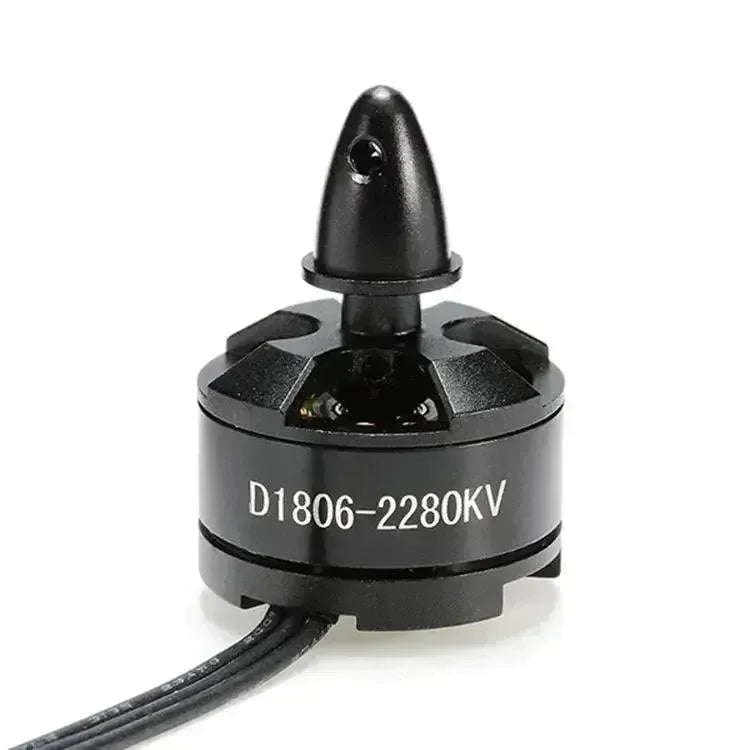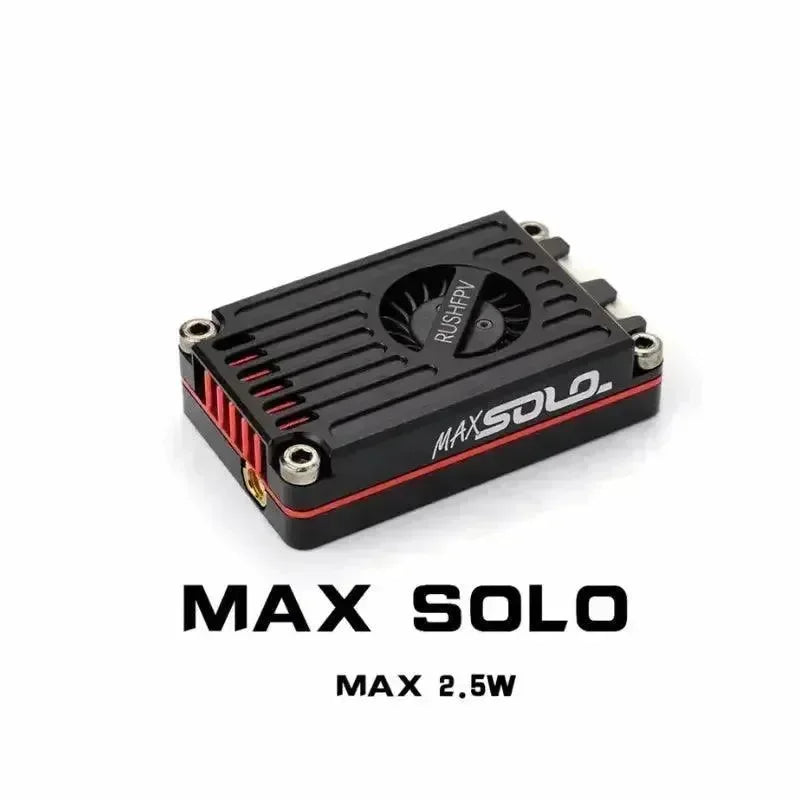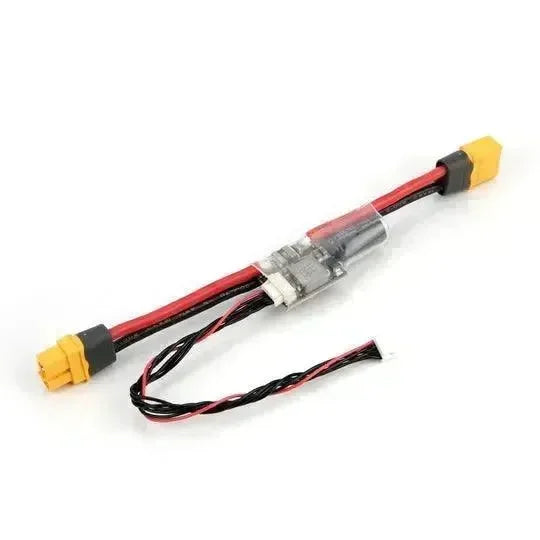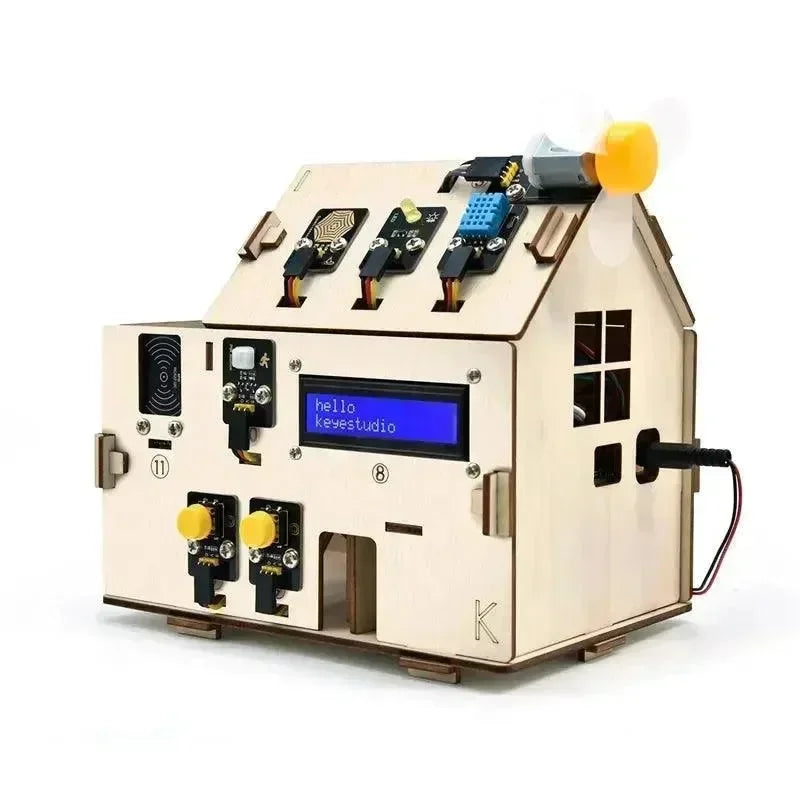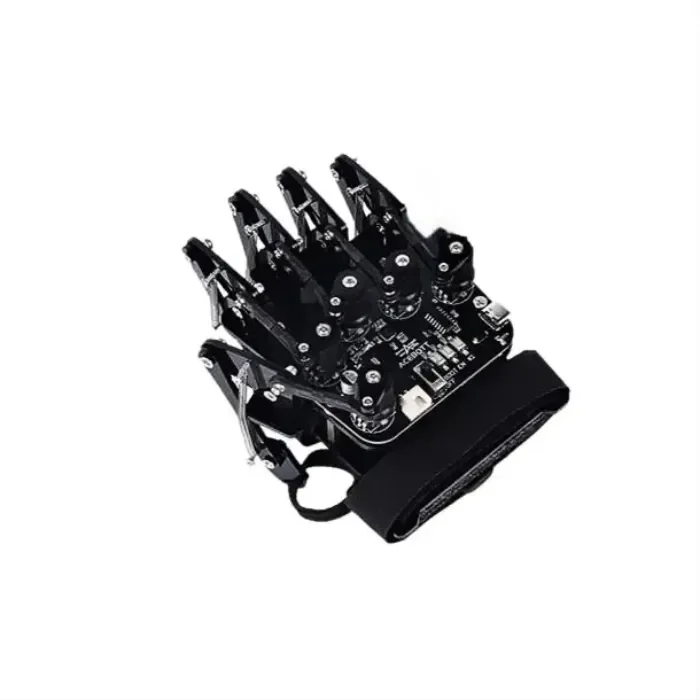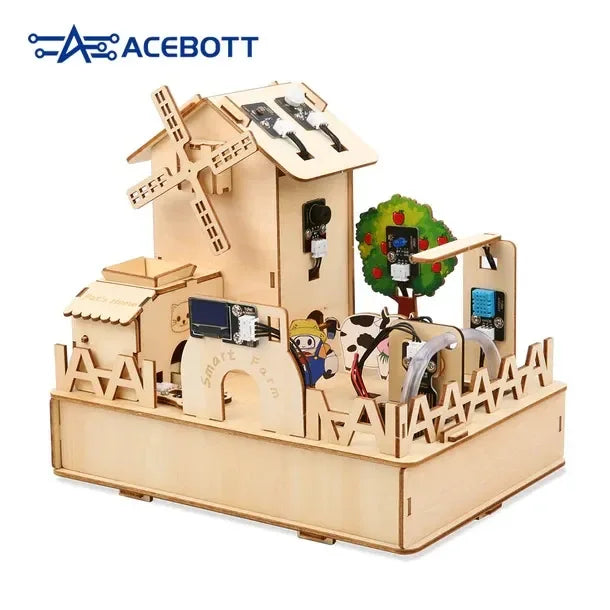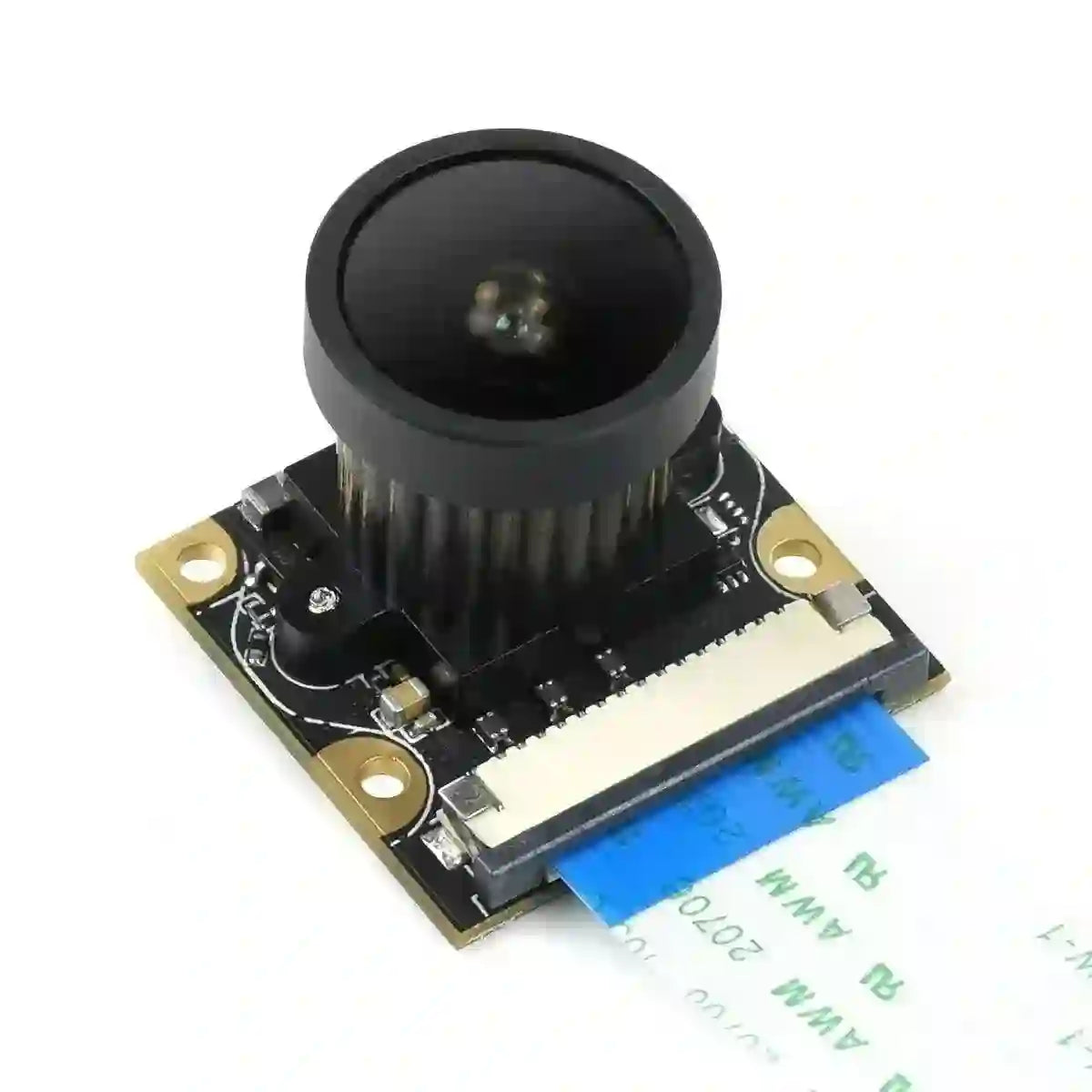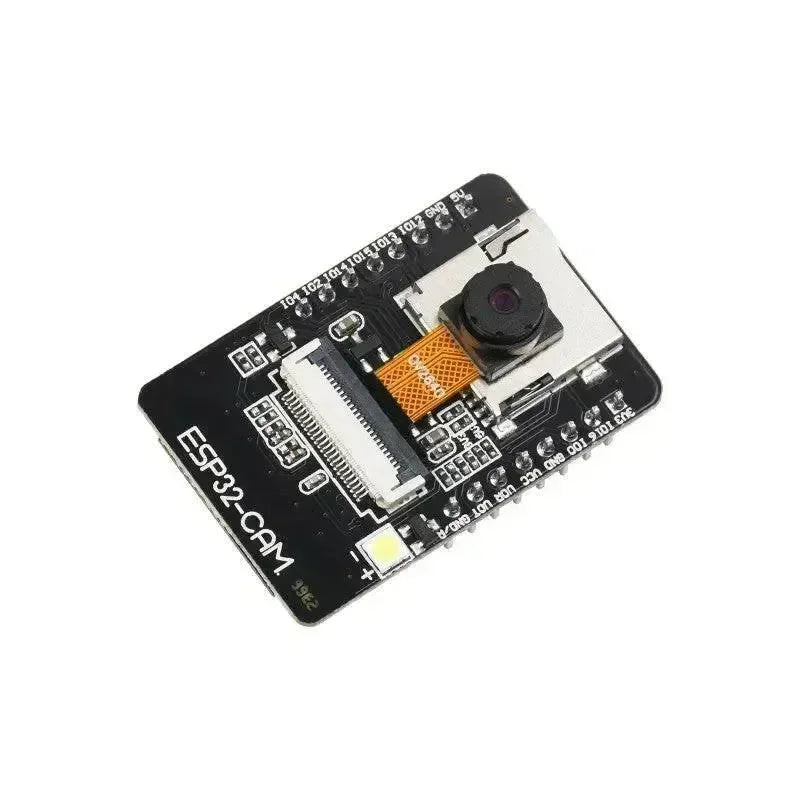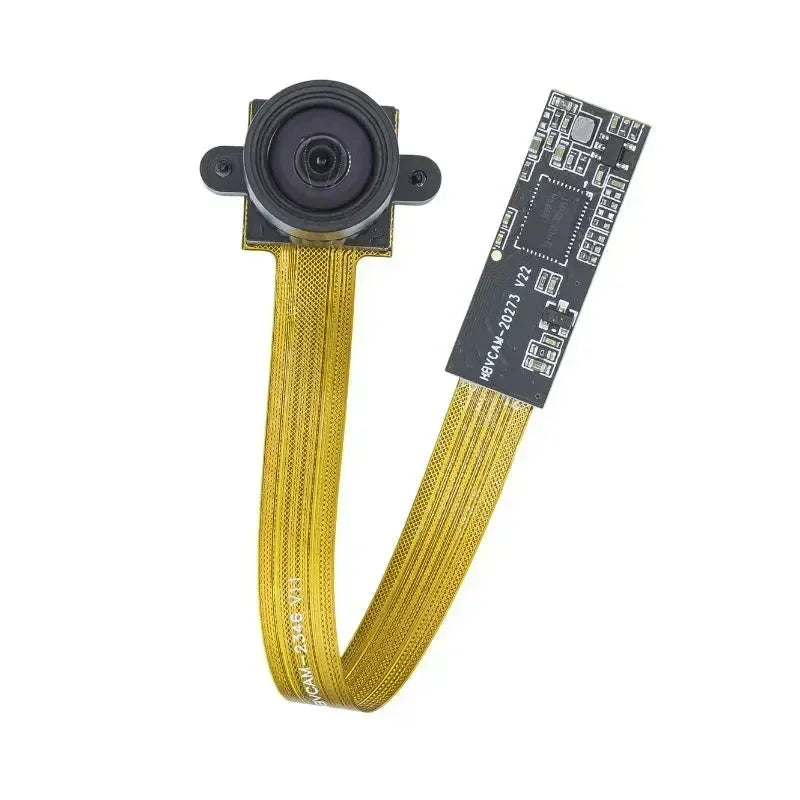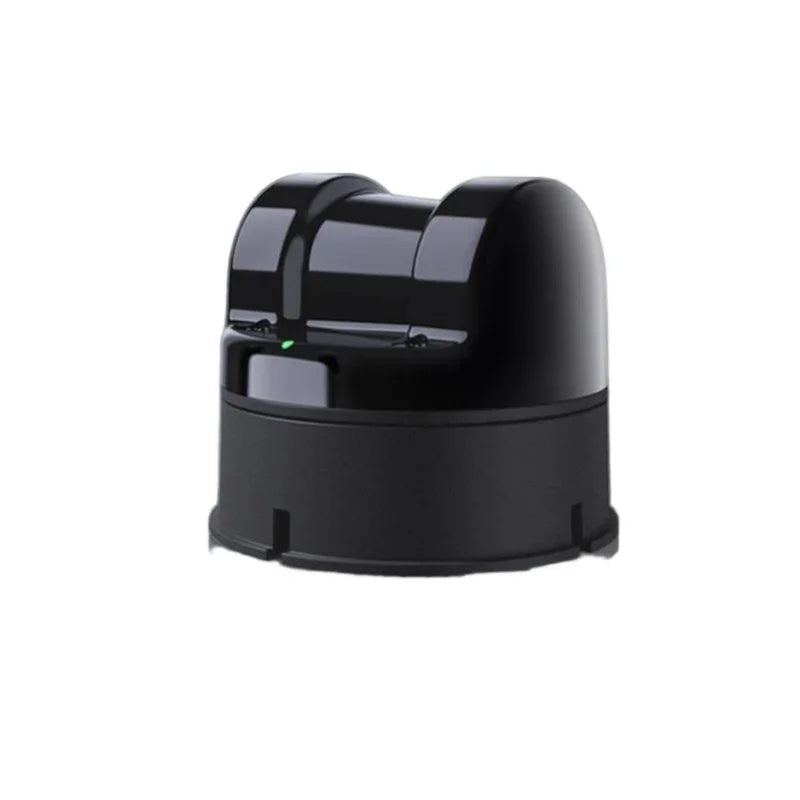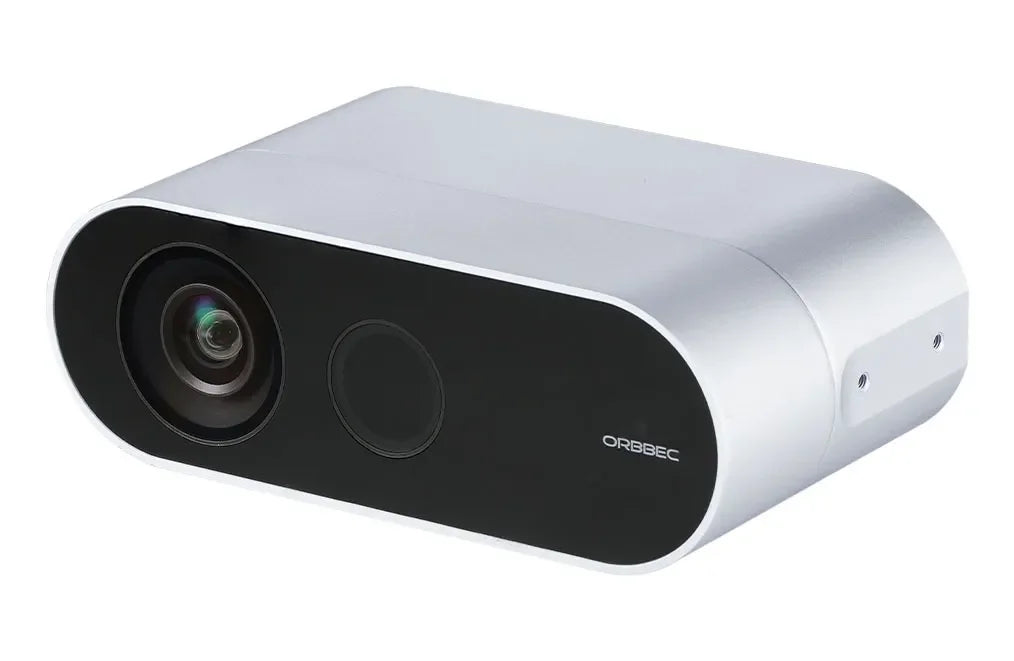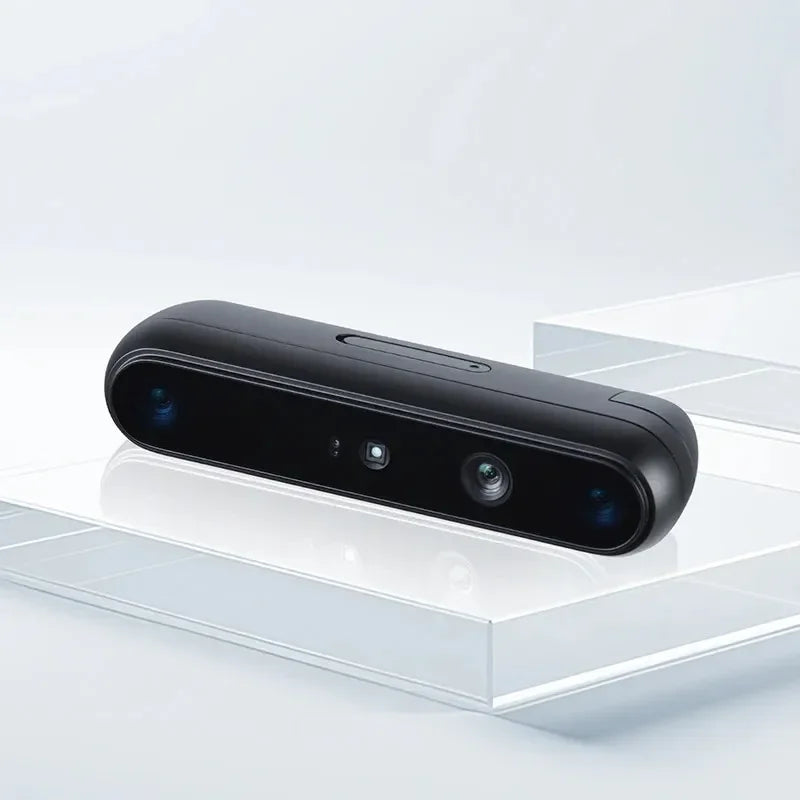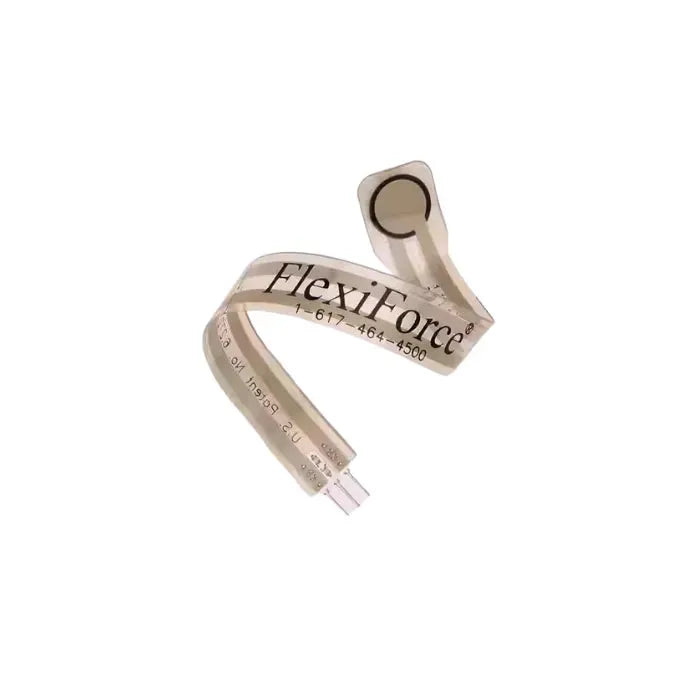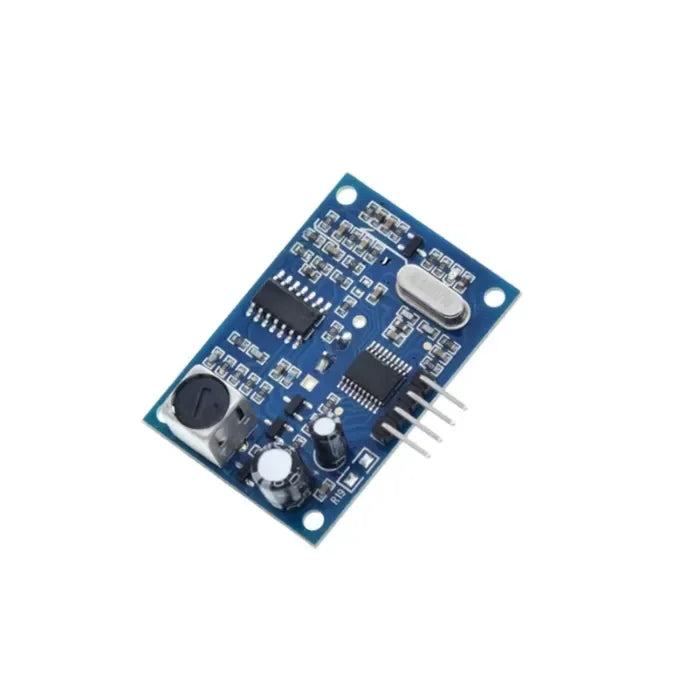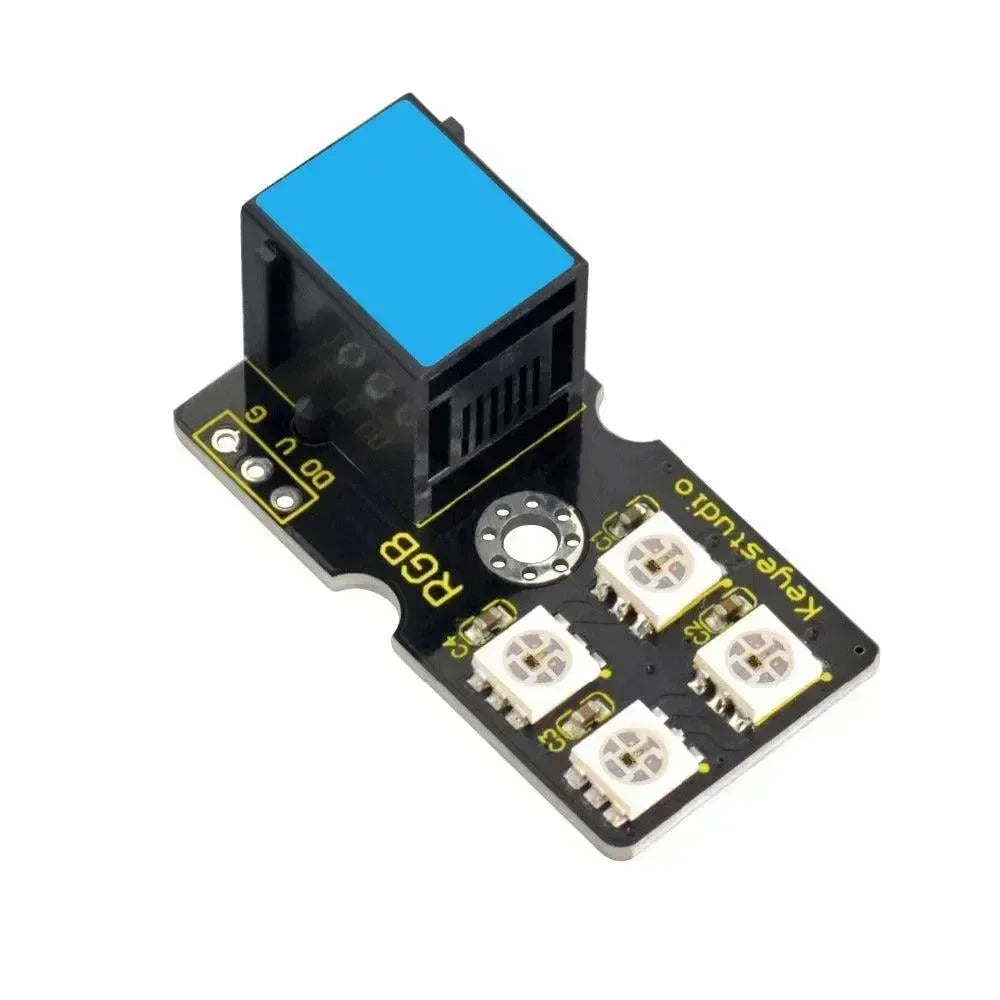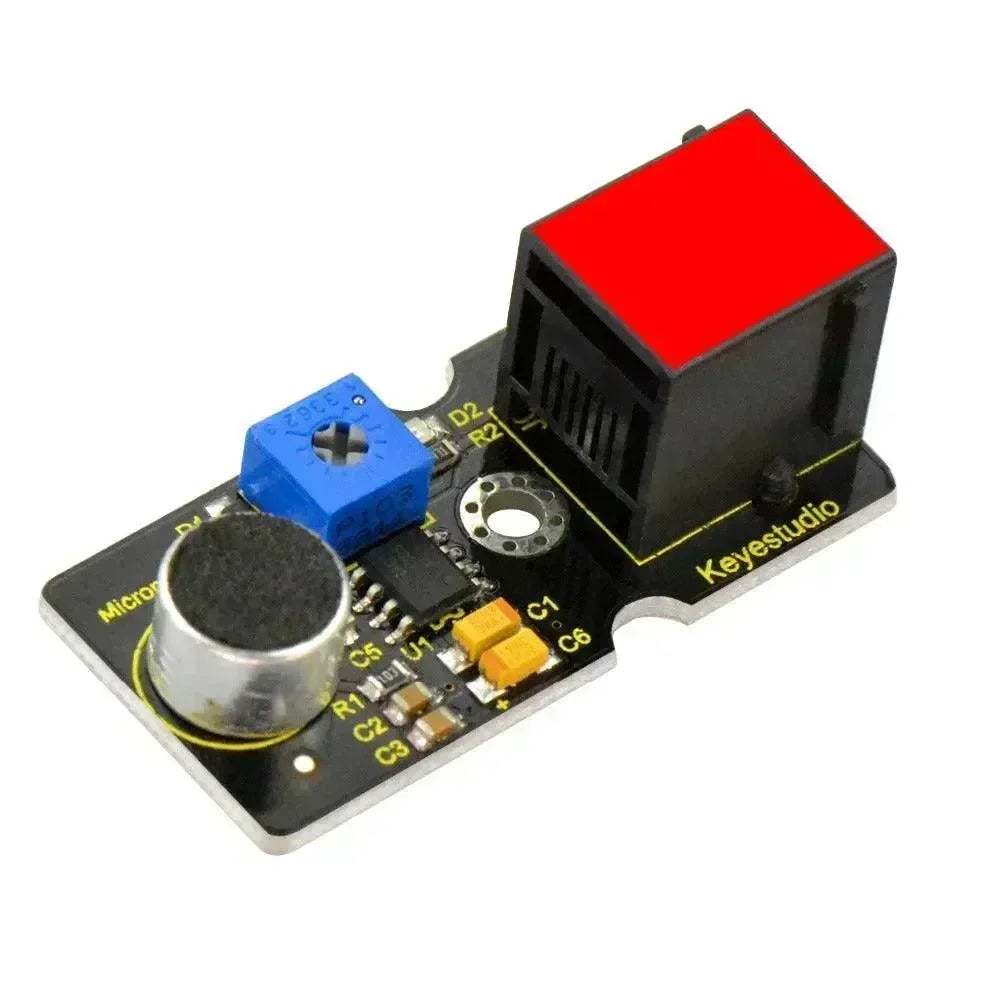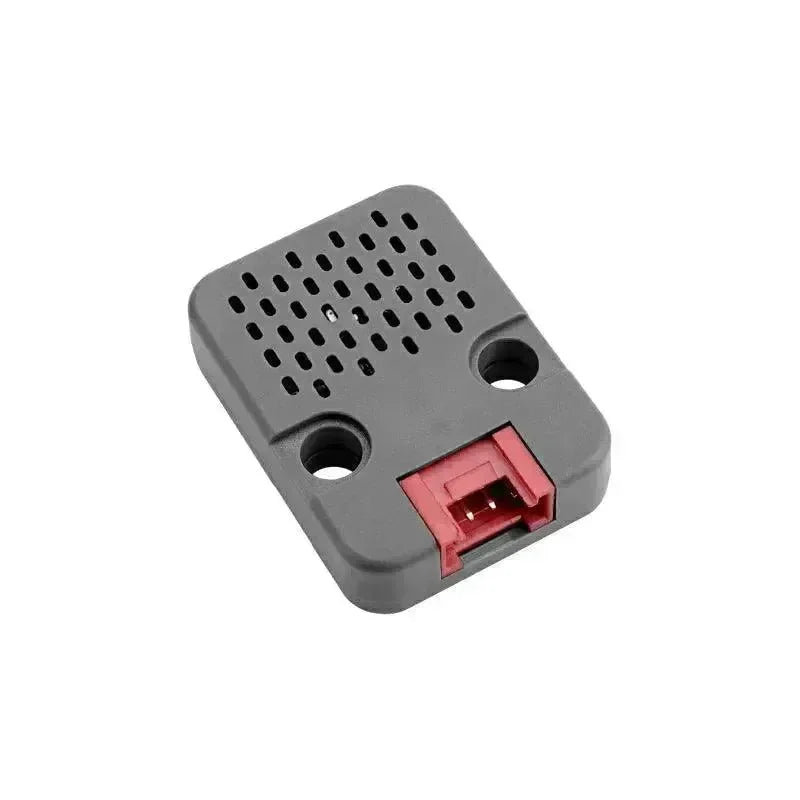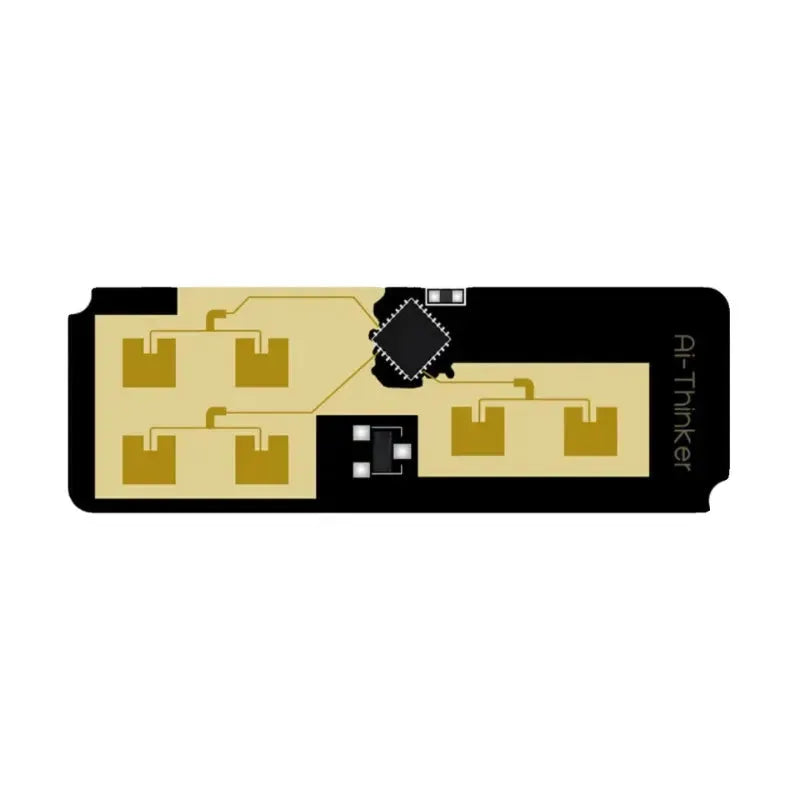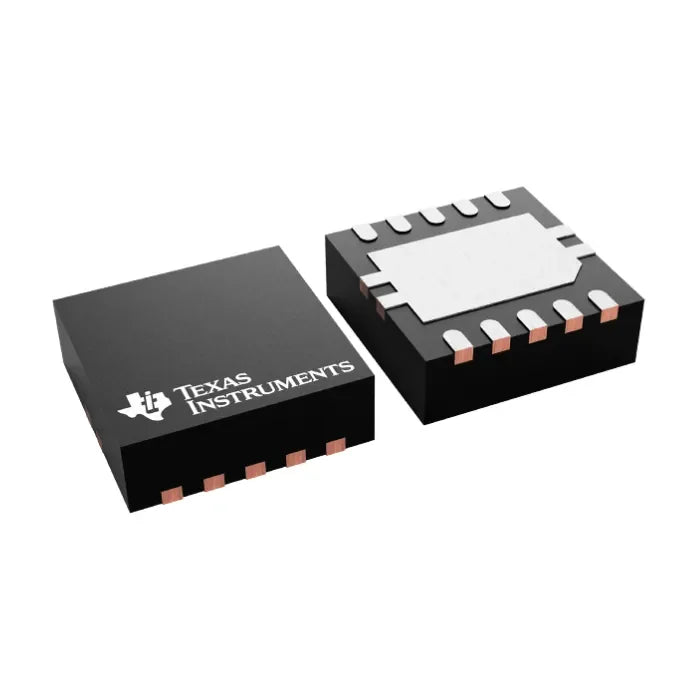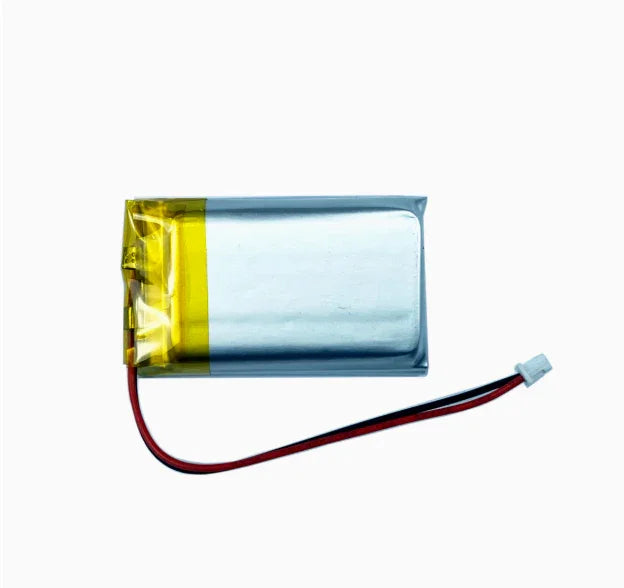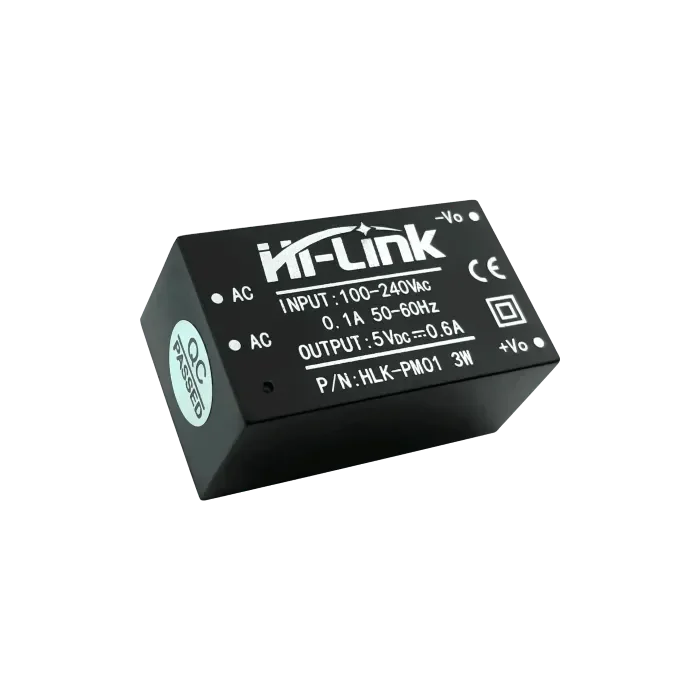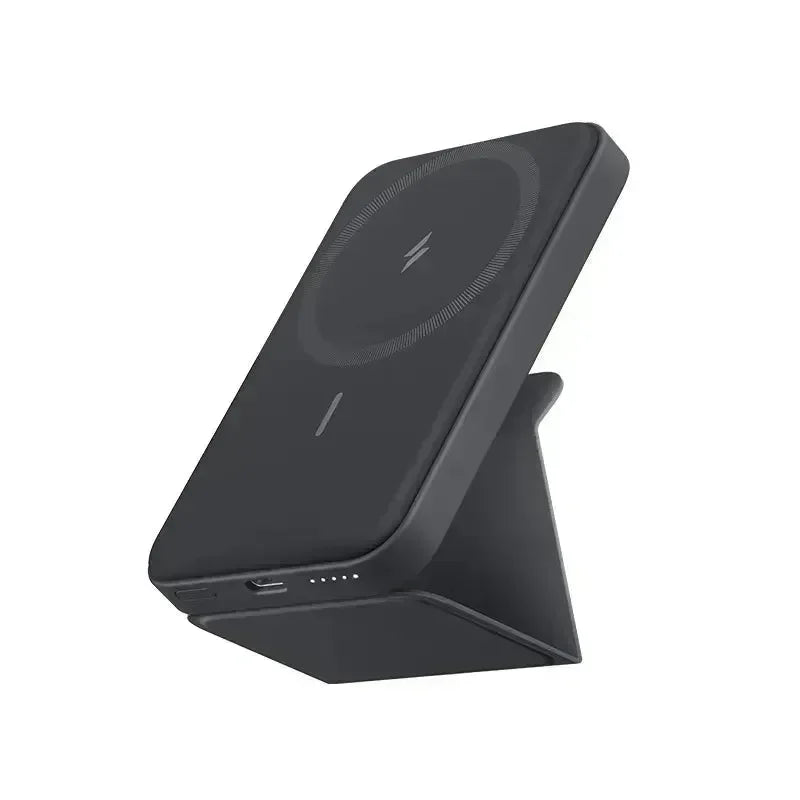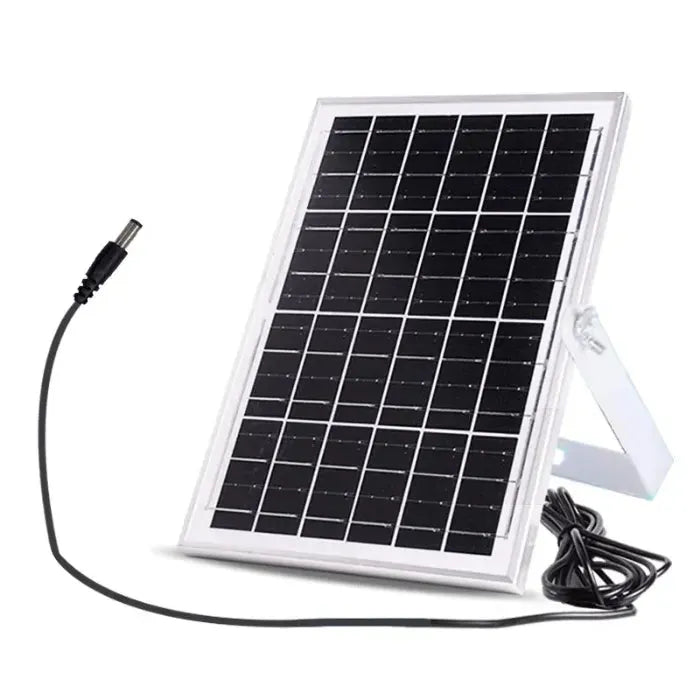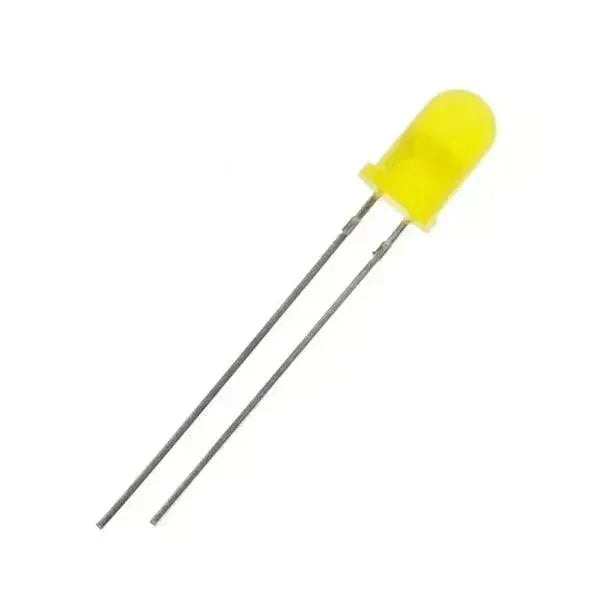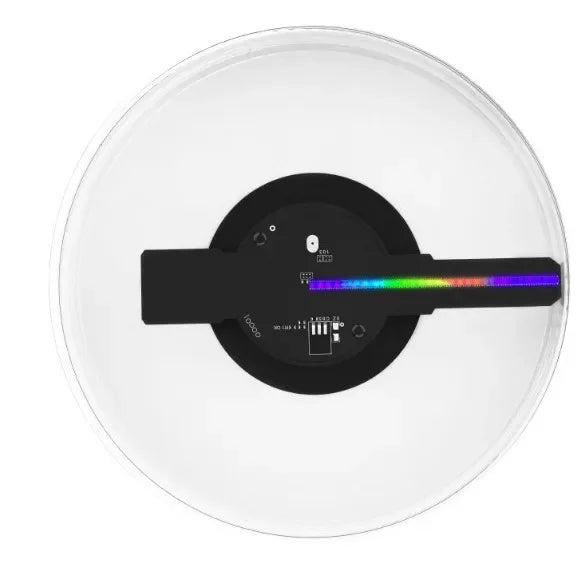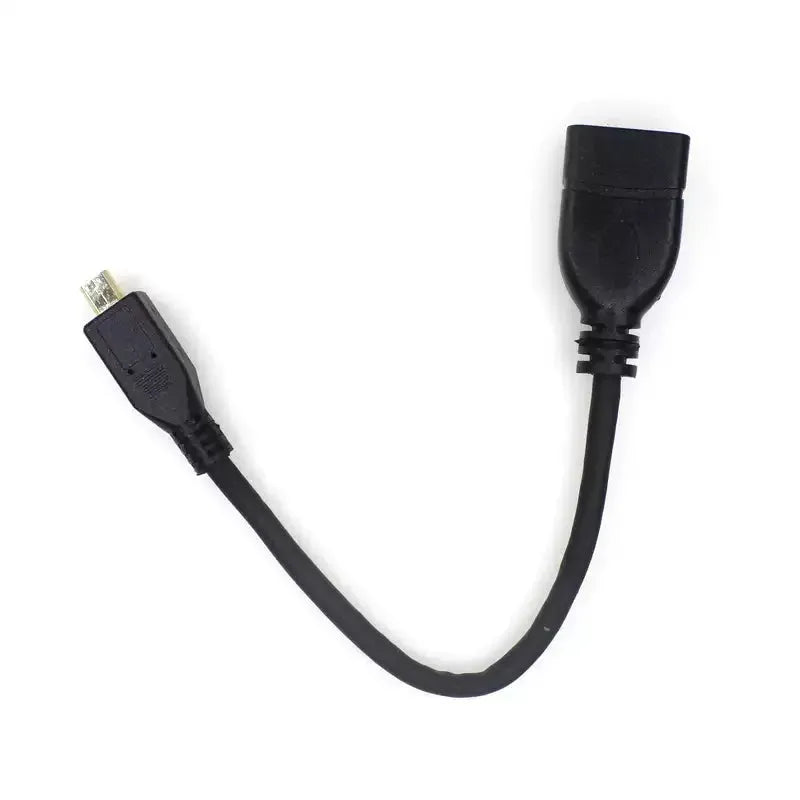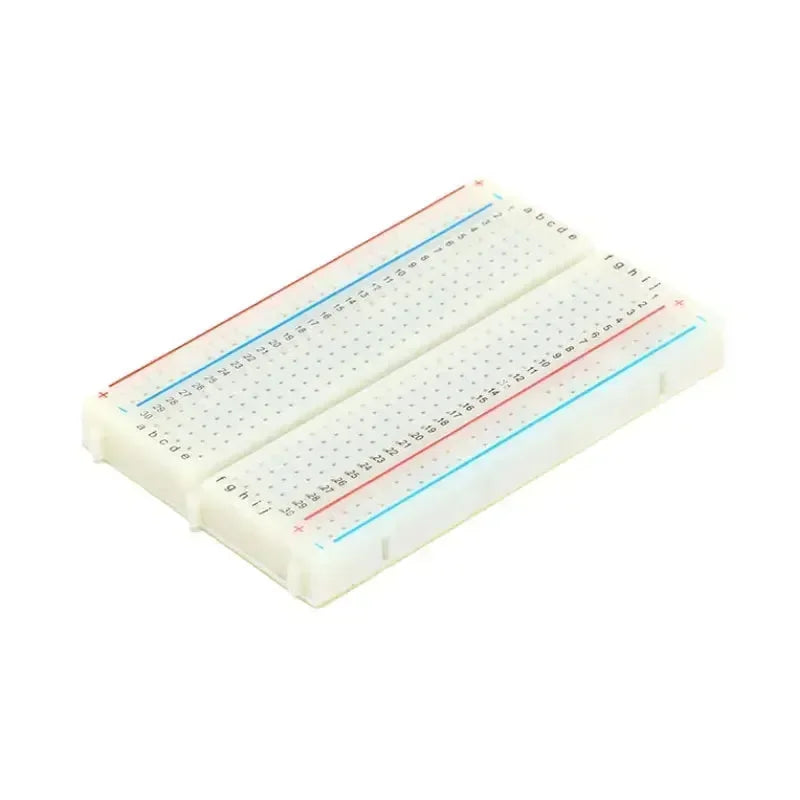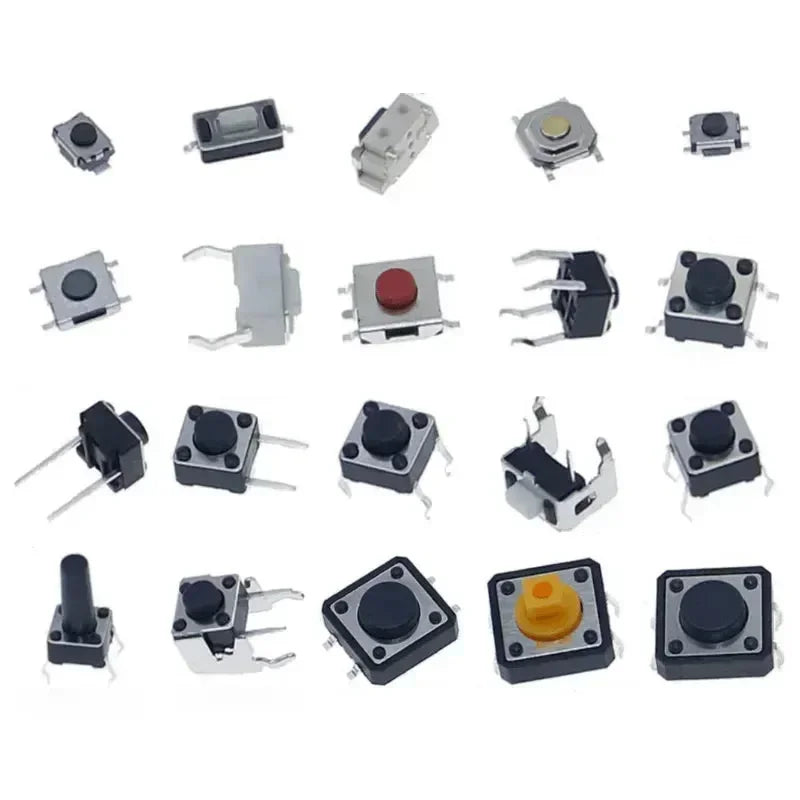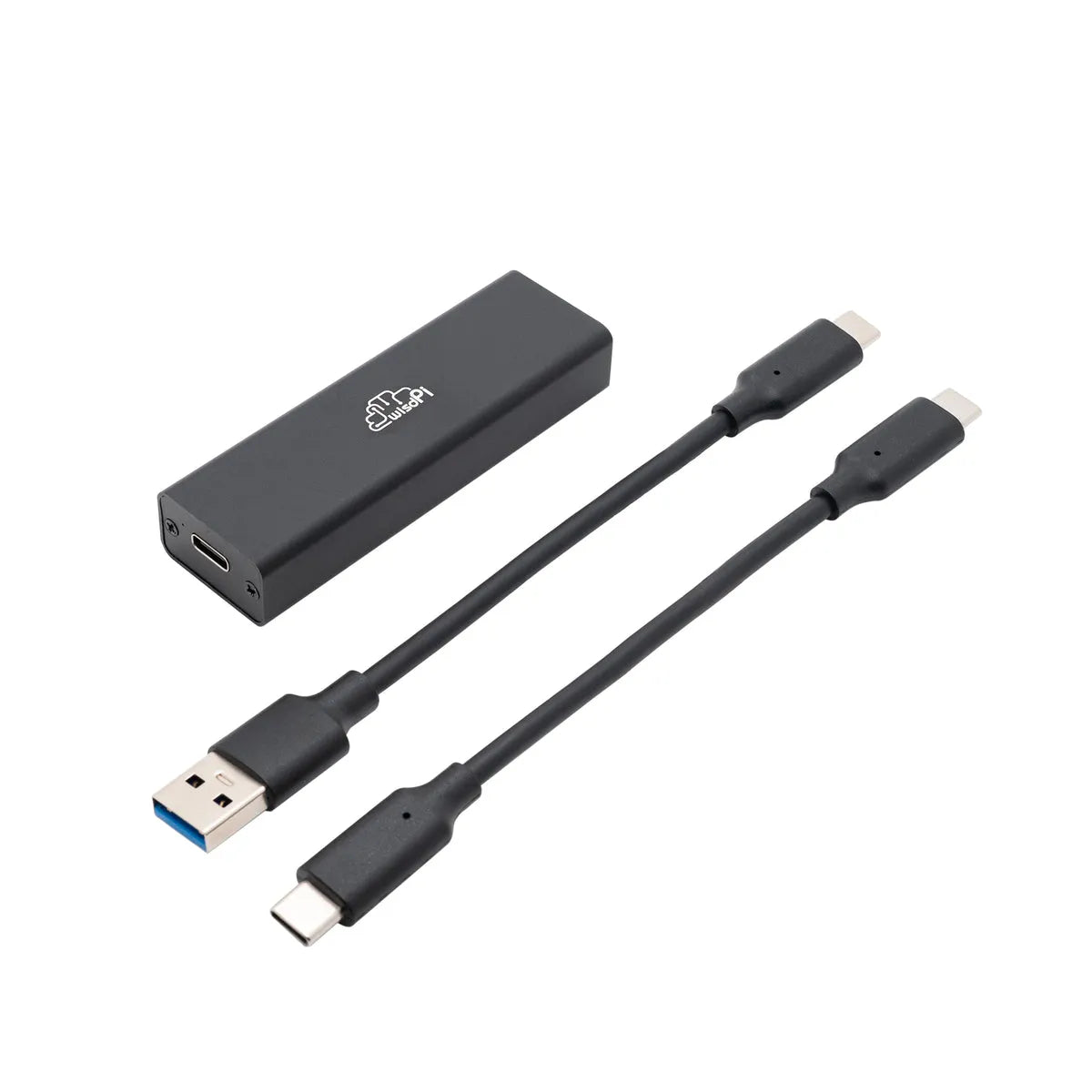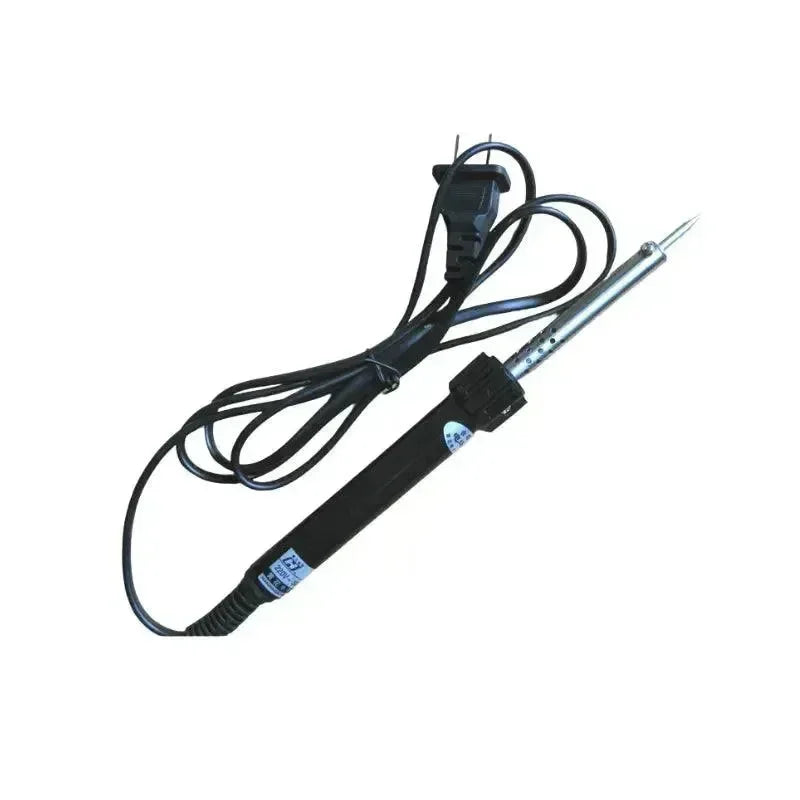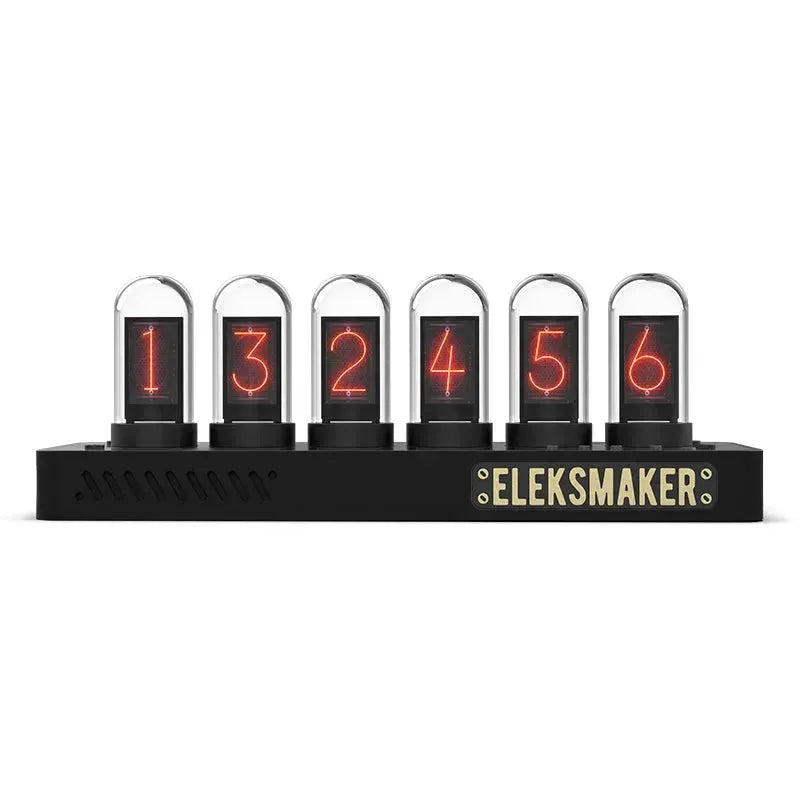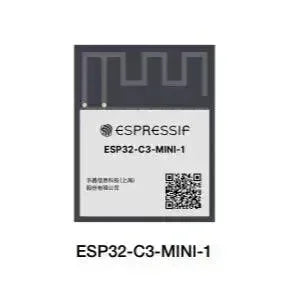When selecting the ideal microcontroller for your IoT projects, the ESP32 series by Espressif provides a diverse range of options tailored to meet various requirements. This article will compare three popular models: the ESP32-C3, ESP32-S3, and ESP32-C3 Mini. Each of these microcontrollers has unique features that make them suitable for different applications. Let’s explore their specifications, advantages, and ideal use cases.

Overview of ESP32 Series Microcontrollers
The ESP32 series is renowned for its versatility, affordability, and robust performance in wireless communication and IoT applications. With integrated Wi-Fi and Bluetooth capabilities, these microcontrollers are ideal for developing connected devices. Their combination of features makes them a popular choice for hobbyists and professionals alike.
ESP32-C3: The Low-Power Champion
-
Architecture: The ESP32-C3 features a single-core RISC-V processor, which makes it highly energy-efficient for battery-powered applications.
-
Connectivity: It supports Wi-Fi 802.11 b/g/n and Bluetooth 5.0, offering versatile connectivity options for various projects.
-
Security Features: With hardware security features such as Secure Boot and Flash Encryption, the ESP32-C3 is an excellent choice for secure IoT solutions.
-
Use Cases: This microcontroller is best suited for low-power IoT devices, wearables, and sensor networks, making it ideal for applications where energy efficiency is critical.
ESP32-S3: The High-Performance Powerhouse
-
Architecture: The ESP32-S3 features a dual-core Xtensa processor, delivering superior processing power for demanding applications.
-
AI Capabilities: With built-in AI acceleration and support for vector instructions, the ESP32-S3 excels in machine learning applications.
-
Connectivity: Similar to the ESP32-C3, it supports both Wi-Fi and Bluetooth, but with enhanced performance for improved reliability.
-
Use Cases: This microcontroller is ideal for applications requiring high processing power, such as smart home devices, AI-enabled projects, and multimedia applications.
ESP32-C3 Mini: The Compact Solution
-
Architecture: The ESP32-C3 Mini is a smaller variant of the ESP32-C3, featuring the same single-core RISC-V processor for efficient performance.
-
Size and Form Factor: As a compact module, it is designed for projects with space constraints, ensuring functionality without taking up too much board space.
-
Connectivity: The ESP32-C3 Mini retains the same connectivity features as the ESP32-C3, offering robust Wi-Fi and Bluetooth capabilities for versatile applications.
-
Use Cases: This microcontroller is perfect for embedded systems, compact IoT devices, and applications where board space is limited, making it an ideal choice for space-sensitive projects.
Comparing Key Specifications
| Feature | ESP32-C3 | ESP32-S3 | ESP32-C3 Mini |
| Processor | Single-core RISC-V | Dual-core Xtensa | Single-core RISC-V |
| Wi-Fi | Yes | Yes | Yes |
| Bluetooth | Yes (Bluetooth 5.0) | Yes | Yes |
| AI Capabilities | No | Yes | No |
| Size | Standard | Standard | Mini |
| Security Features | Secure Boot, Flash Encryption | Secure Boot, Flash Encryption | Secure Boot, Flash Encryption |
Conclusion: Which Microcontroller Should You Choose?
Choosing between the ESP32-C3, ESP32-S3, and ESP32-C3 Mini ultimately depends on your specific project requirements:
-
ESP32-C3: Opt for this model if you need a low-power solution with essential features for IoT applications. It's perfect for battery-operated devices and sensor networks.
-
ESP32-S3: Choose the ESP32-S3 for projects that demand higher processing power and advanced AI capabilities. This microcontroller is ideal for smart home devices and machine learning applications.
-
ESP32-C3 Mini: Select the ESP32-C3 Mini for compact designs where space is limited but you still want the functionalities of the ESP32-C3. It's perfect for embedded systems and space-sensitive applications.
Each microcontroller in the ESP32 series has its strengths, making them a flexible choice for a wide range of IoT applications. By understanding your project's needs, you can select the right model to bring your ideas to life.

